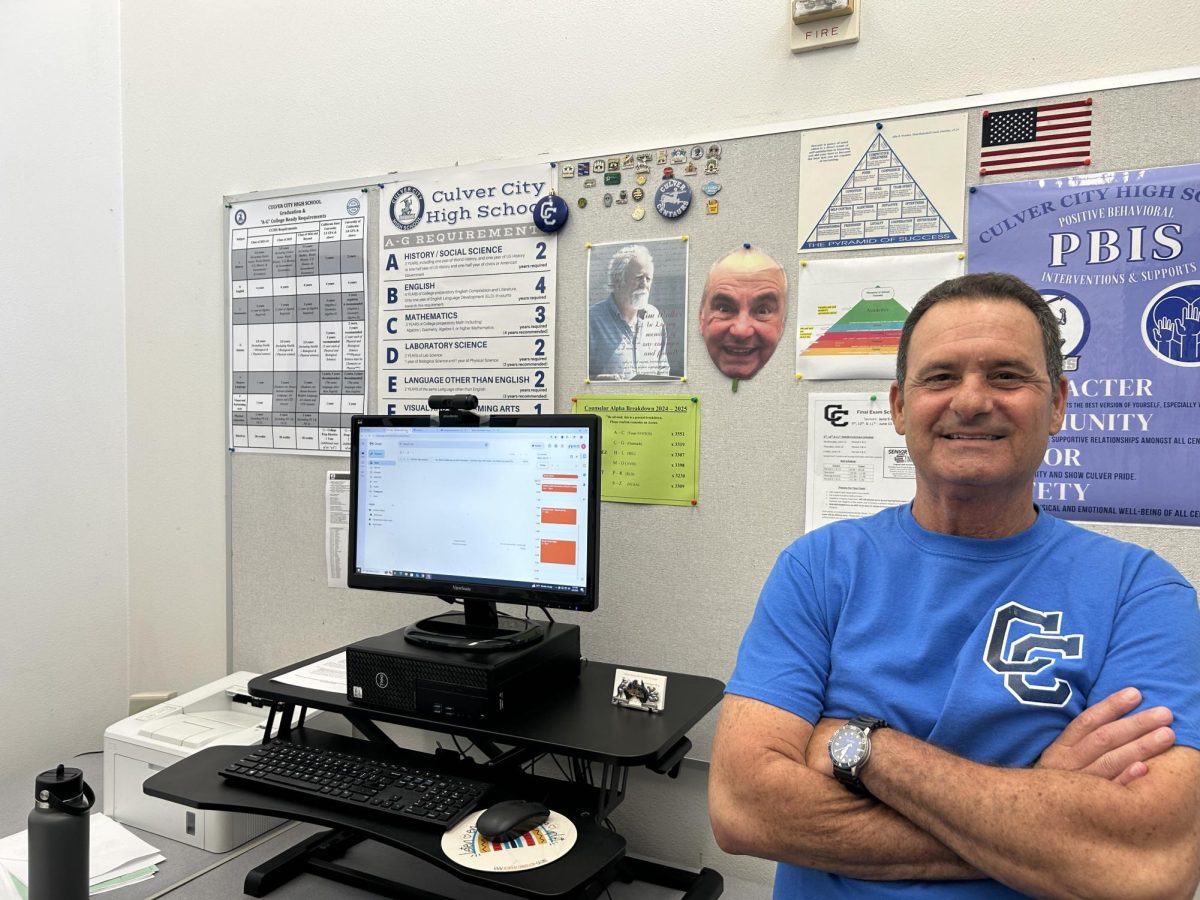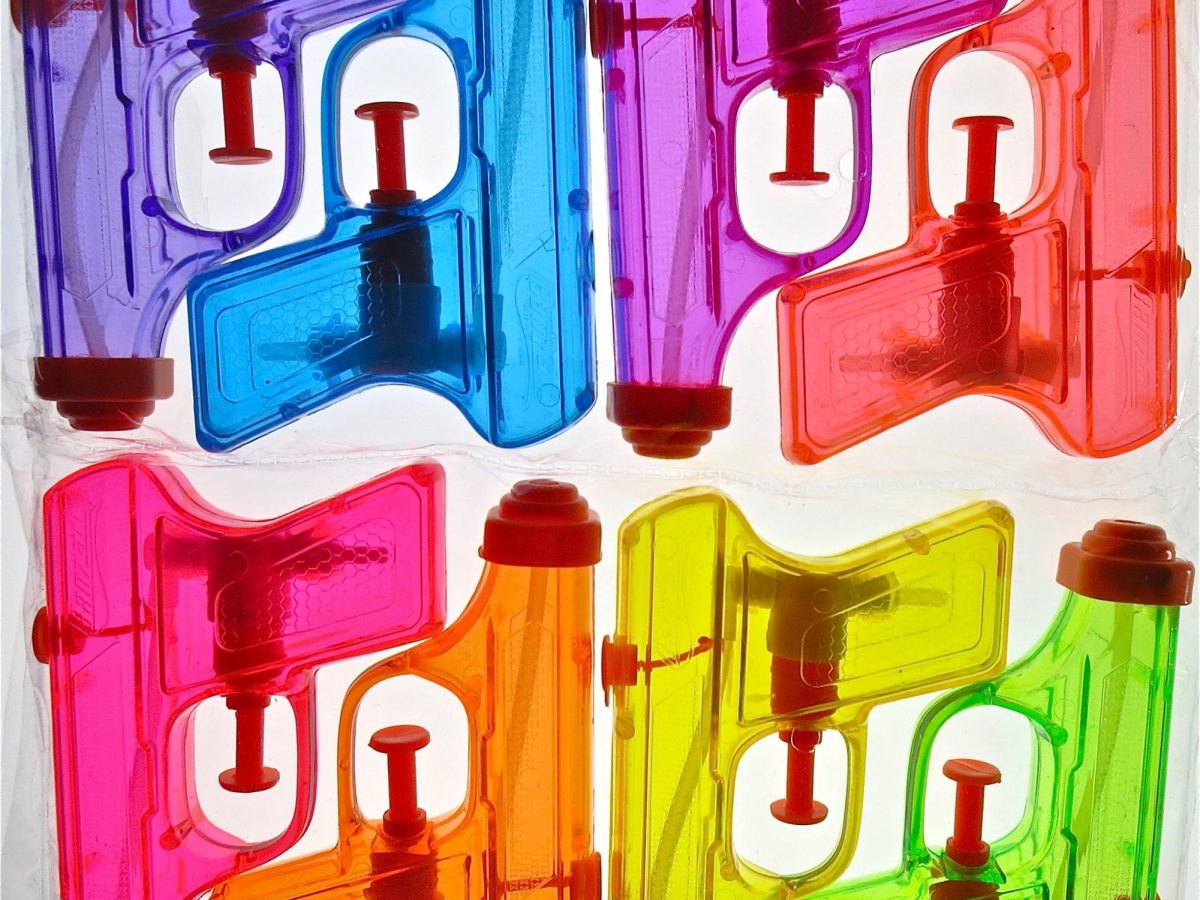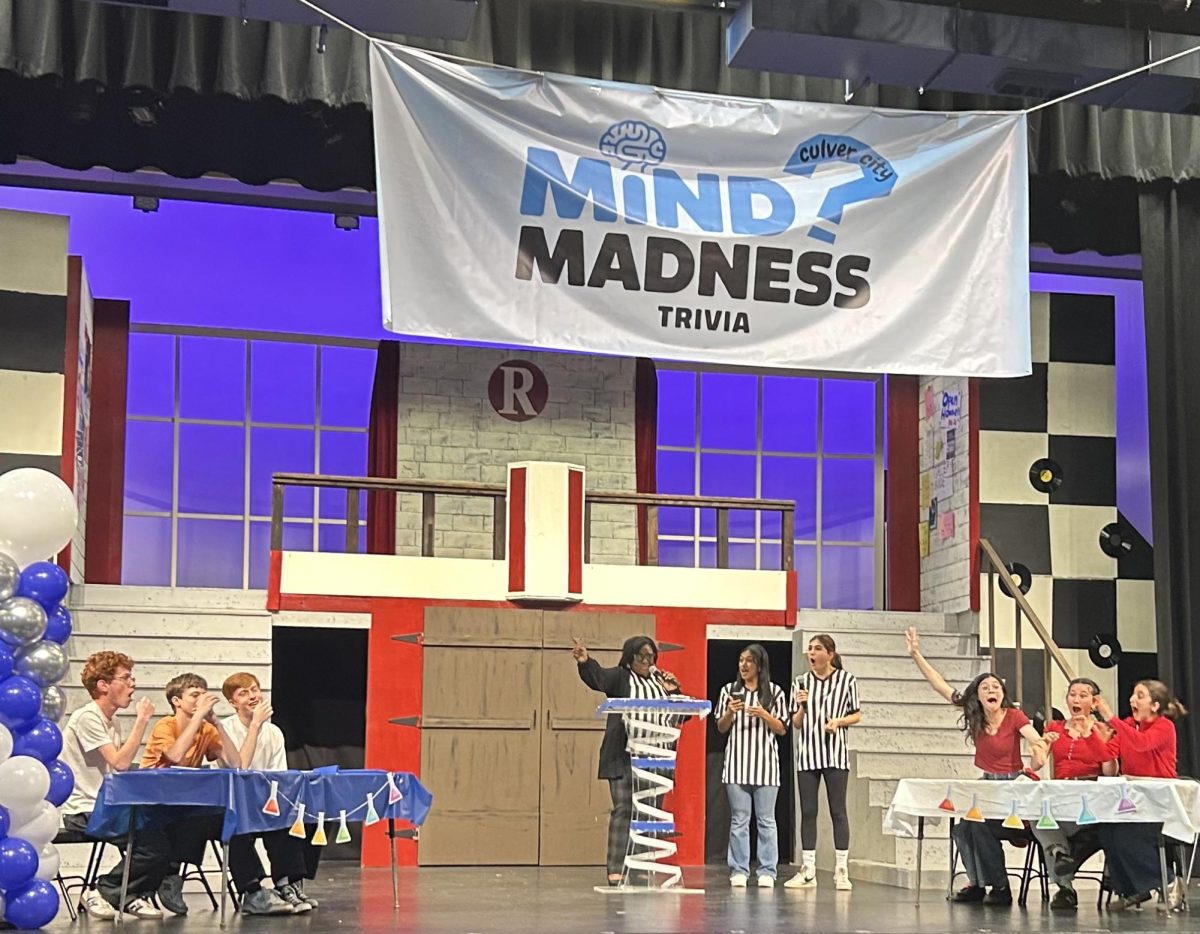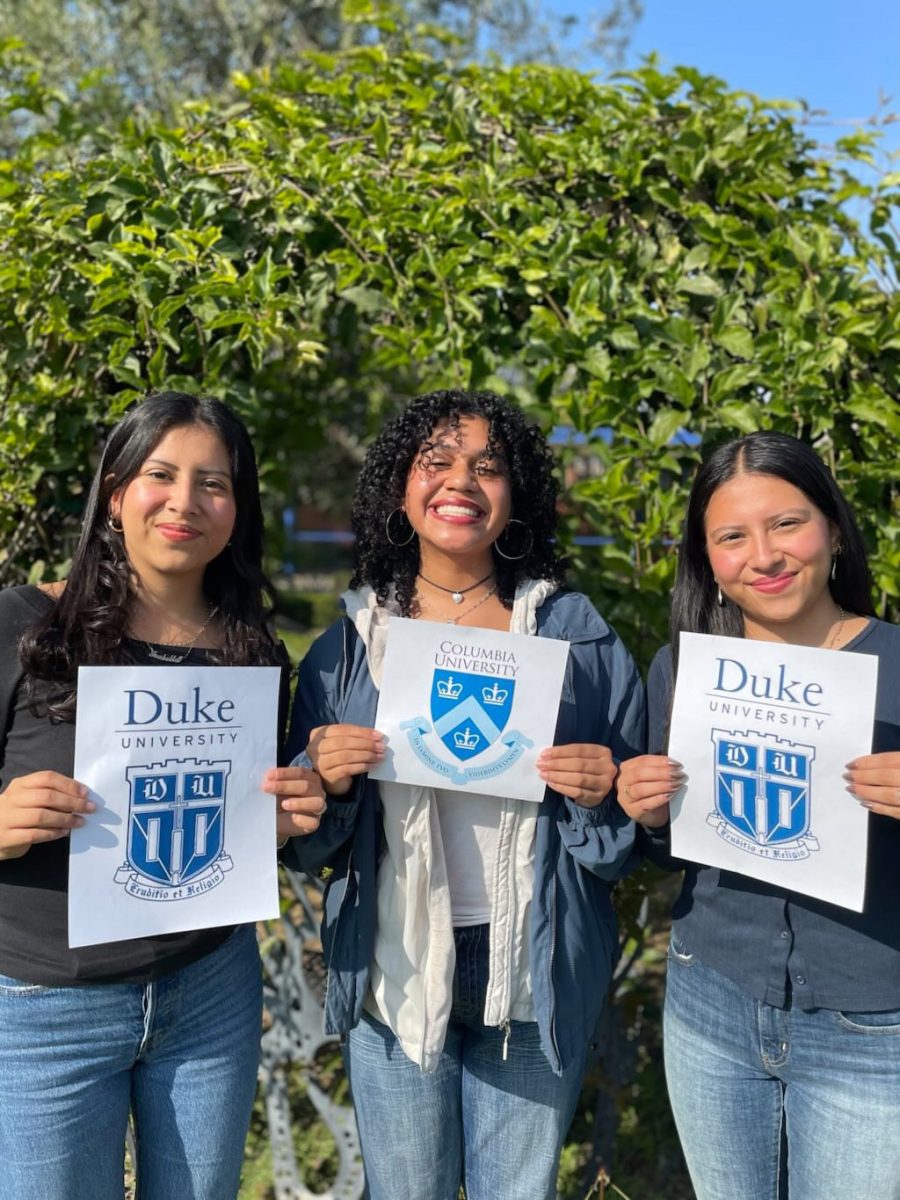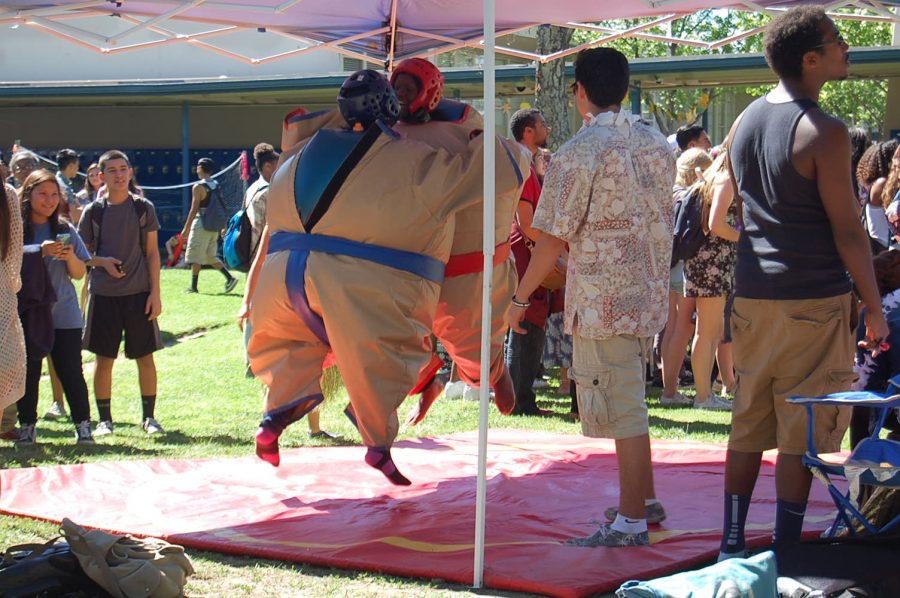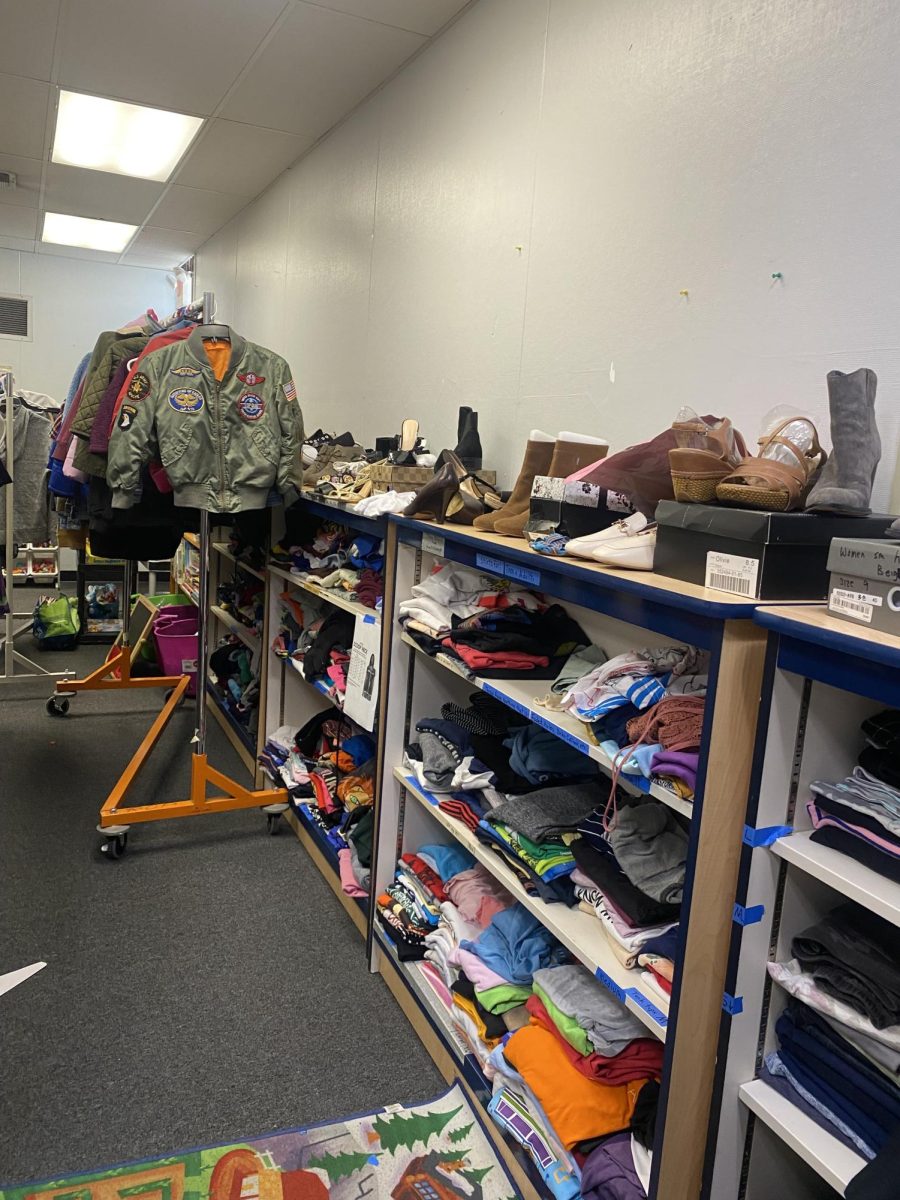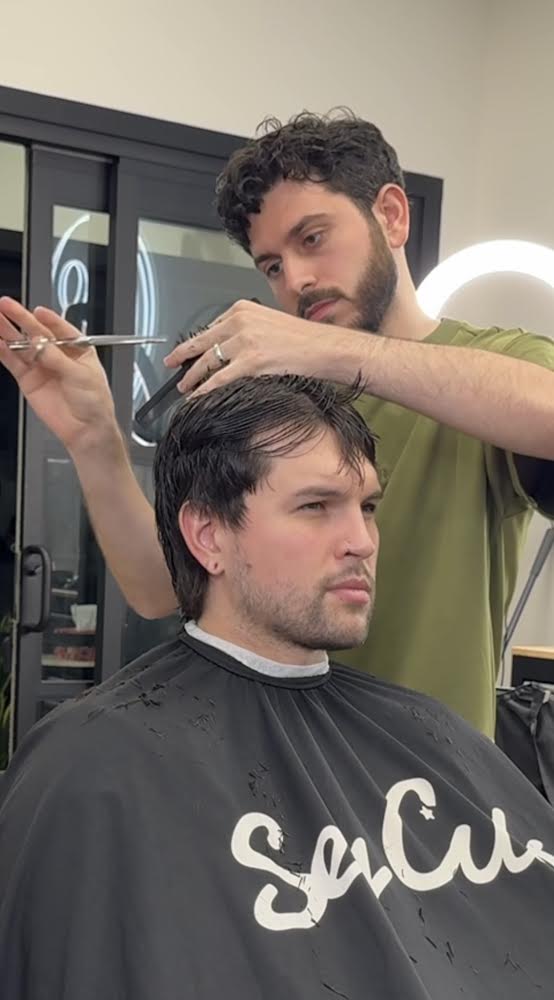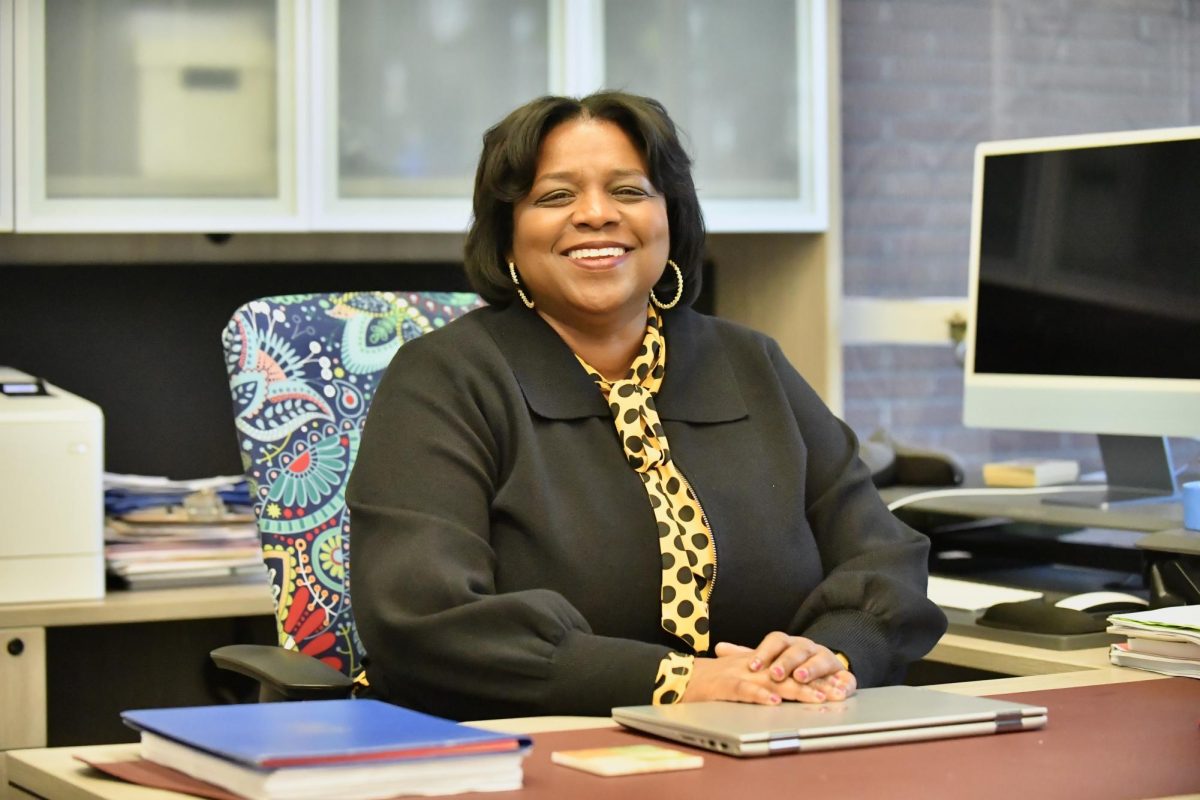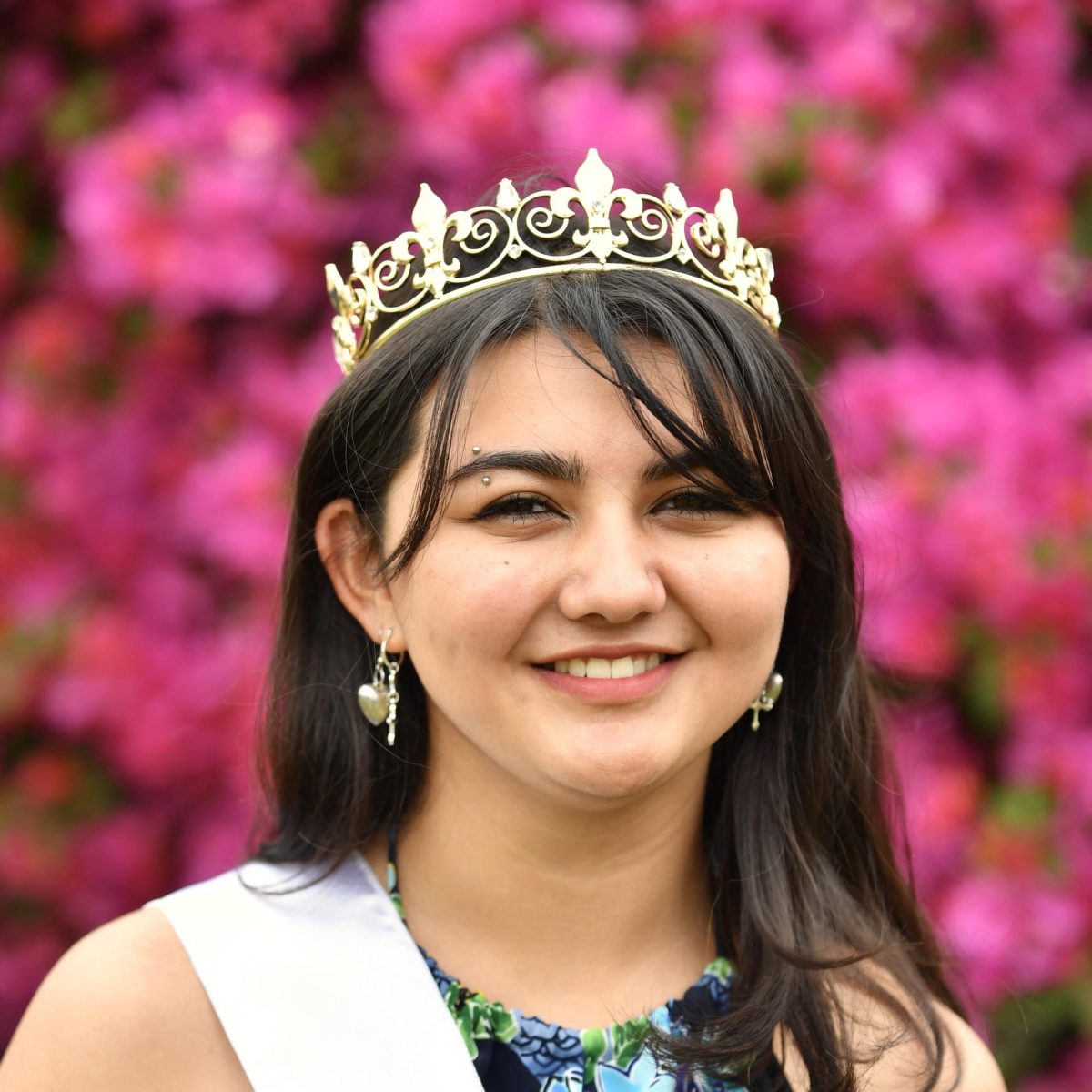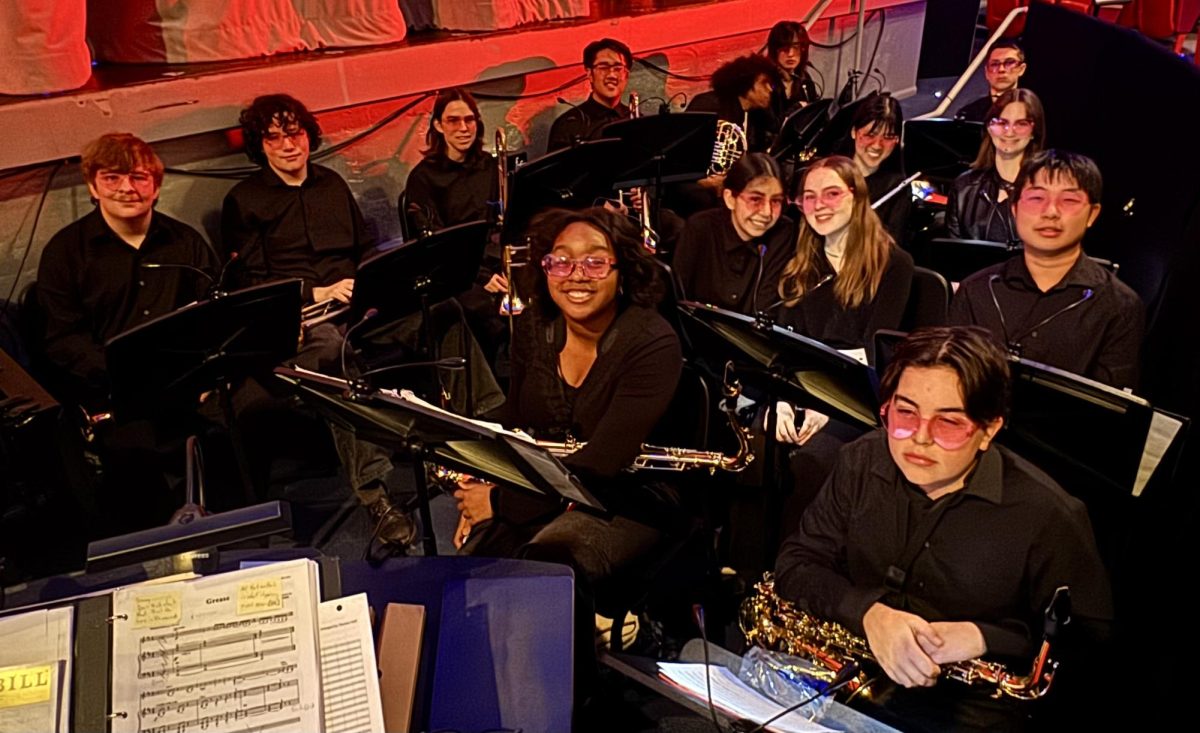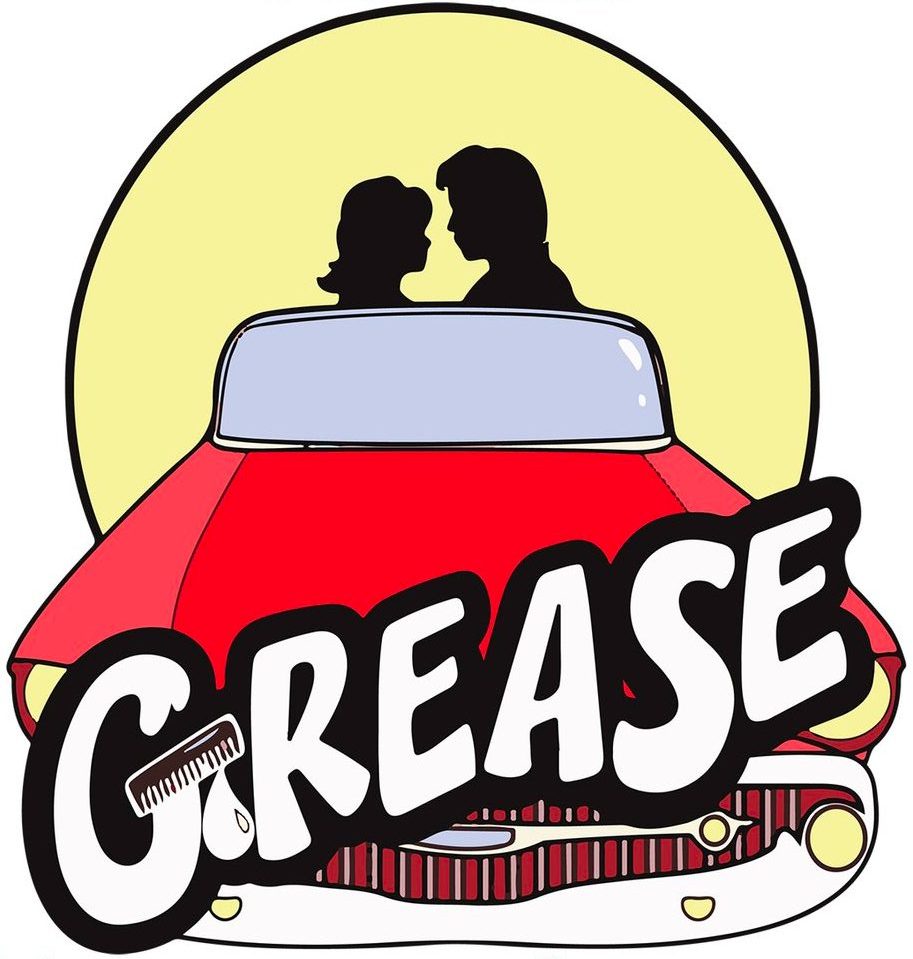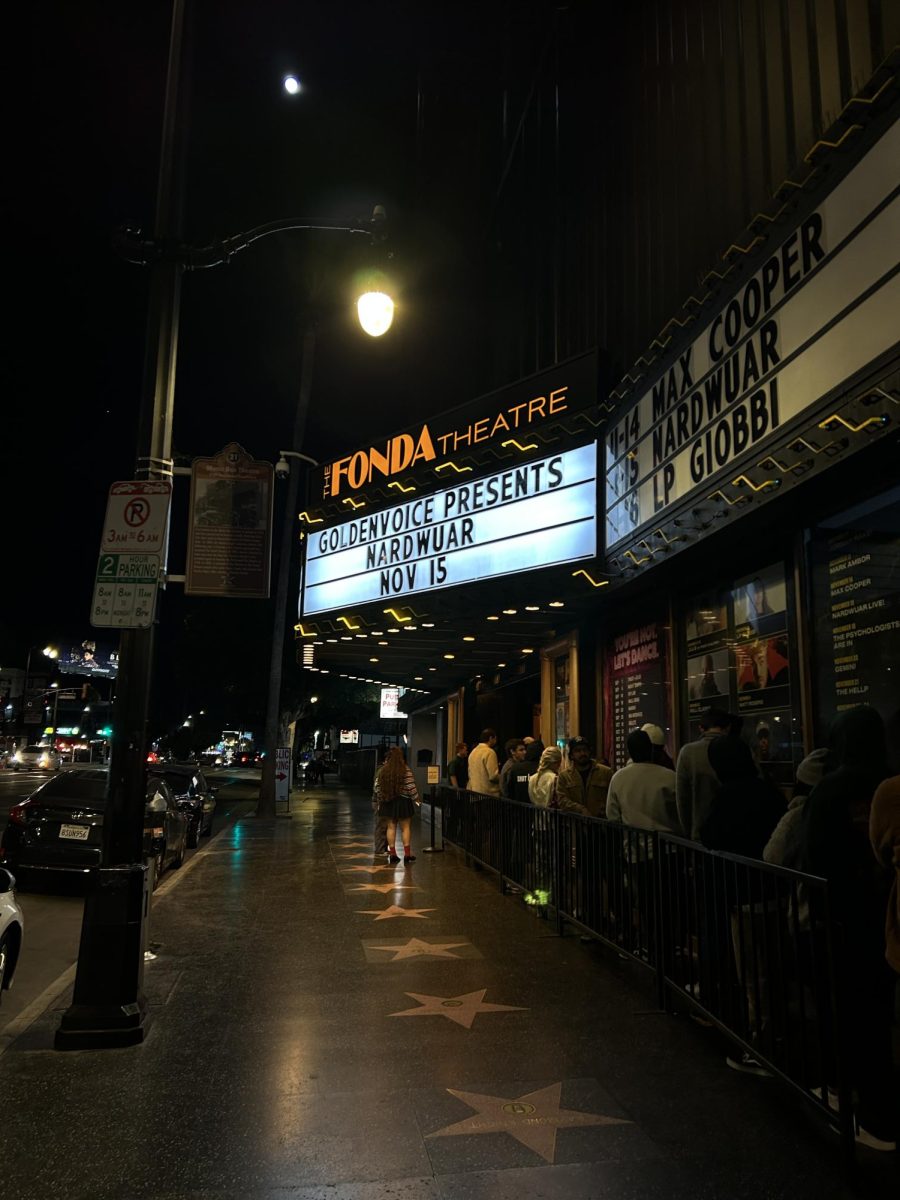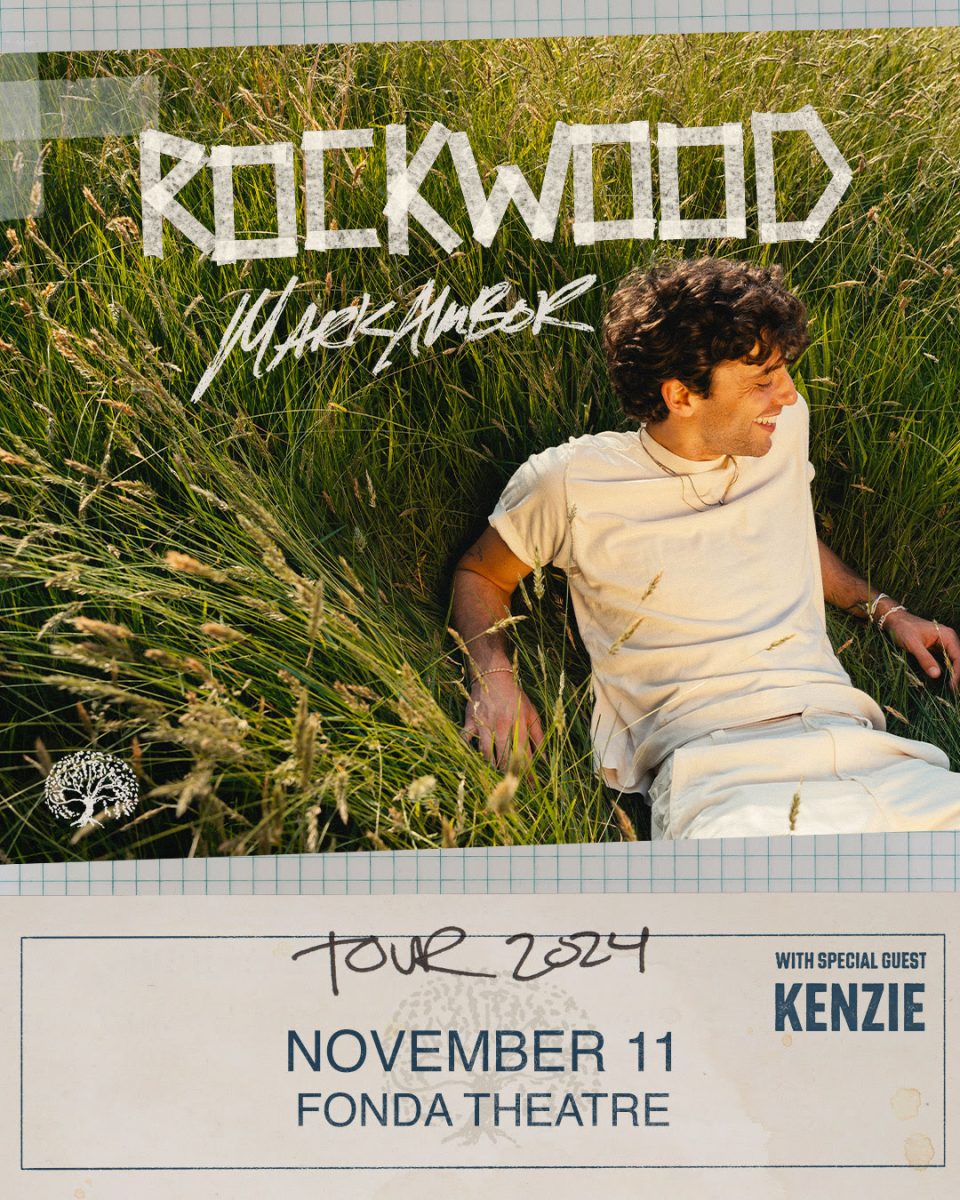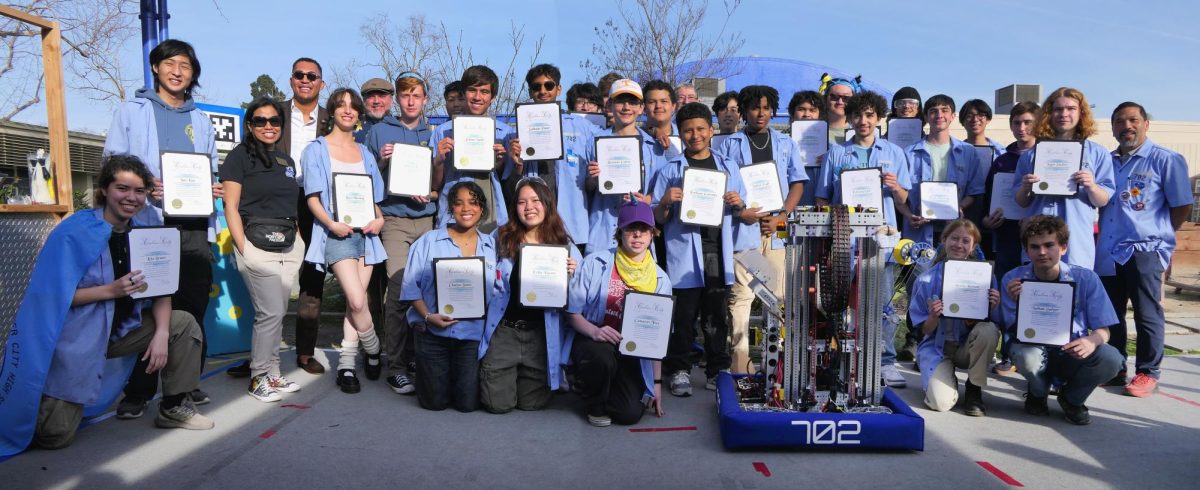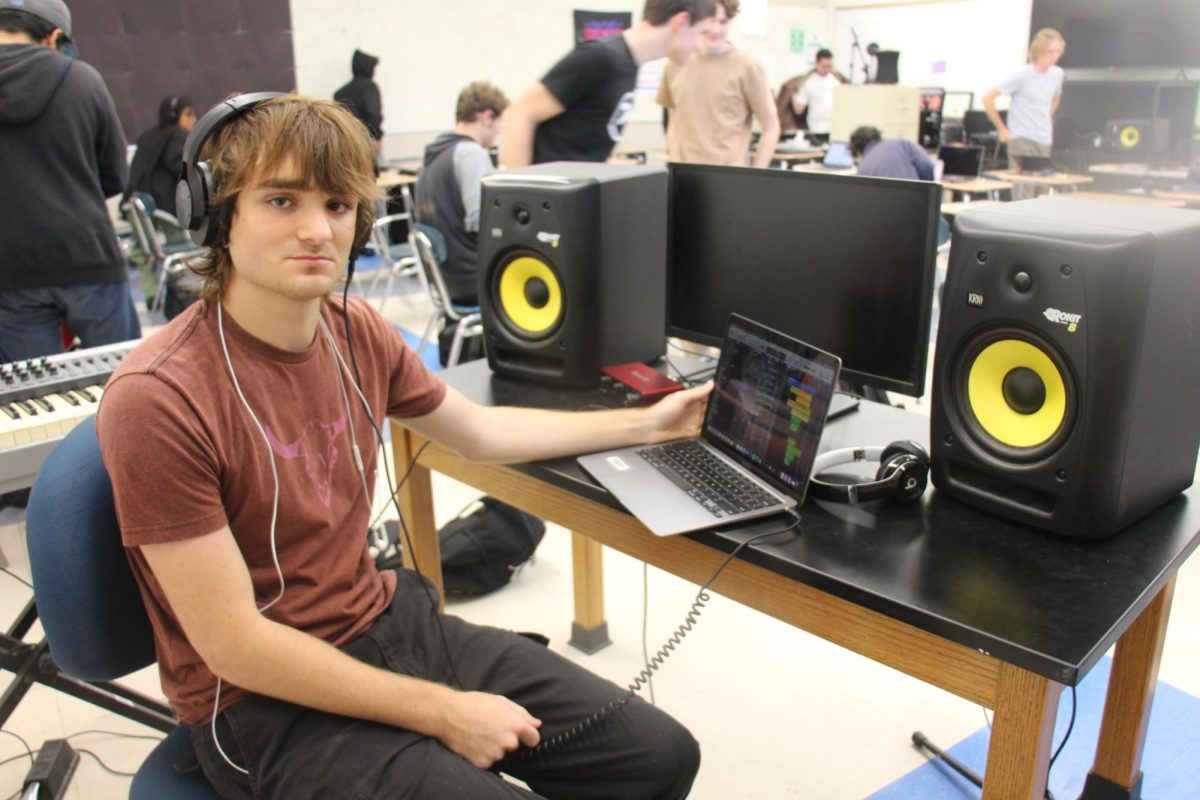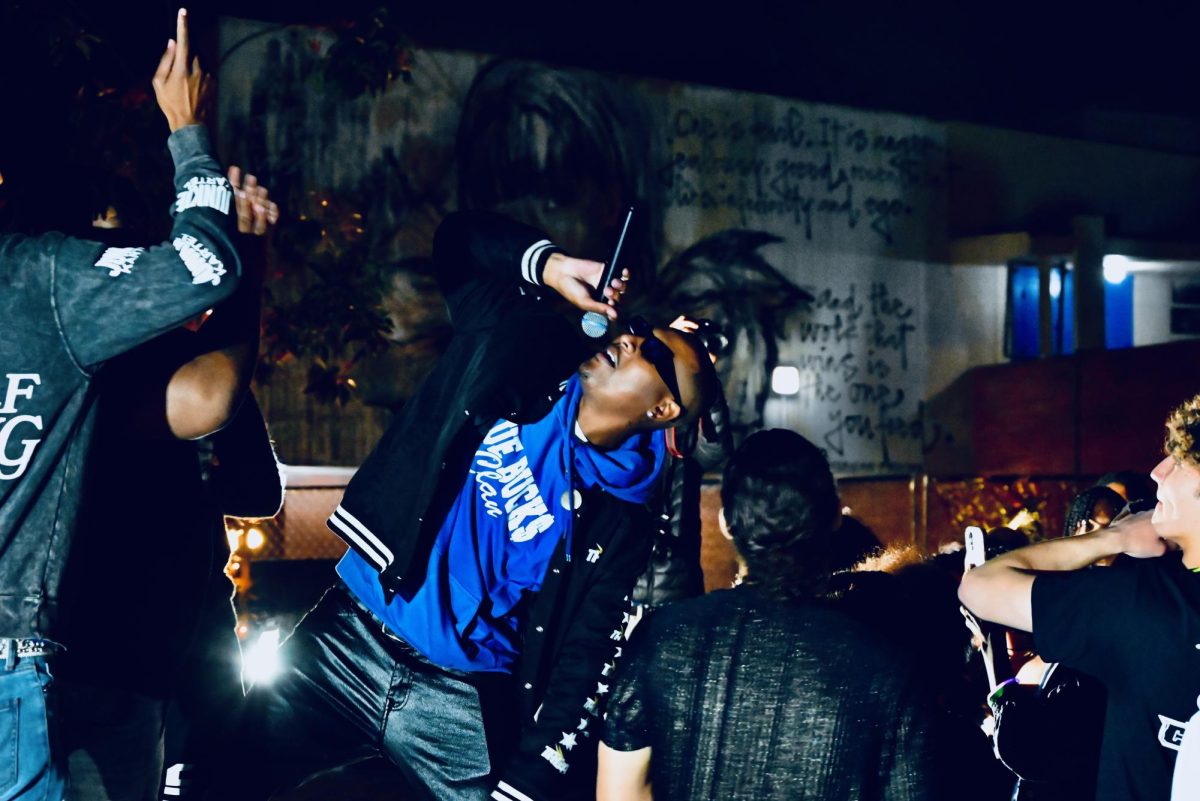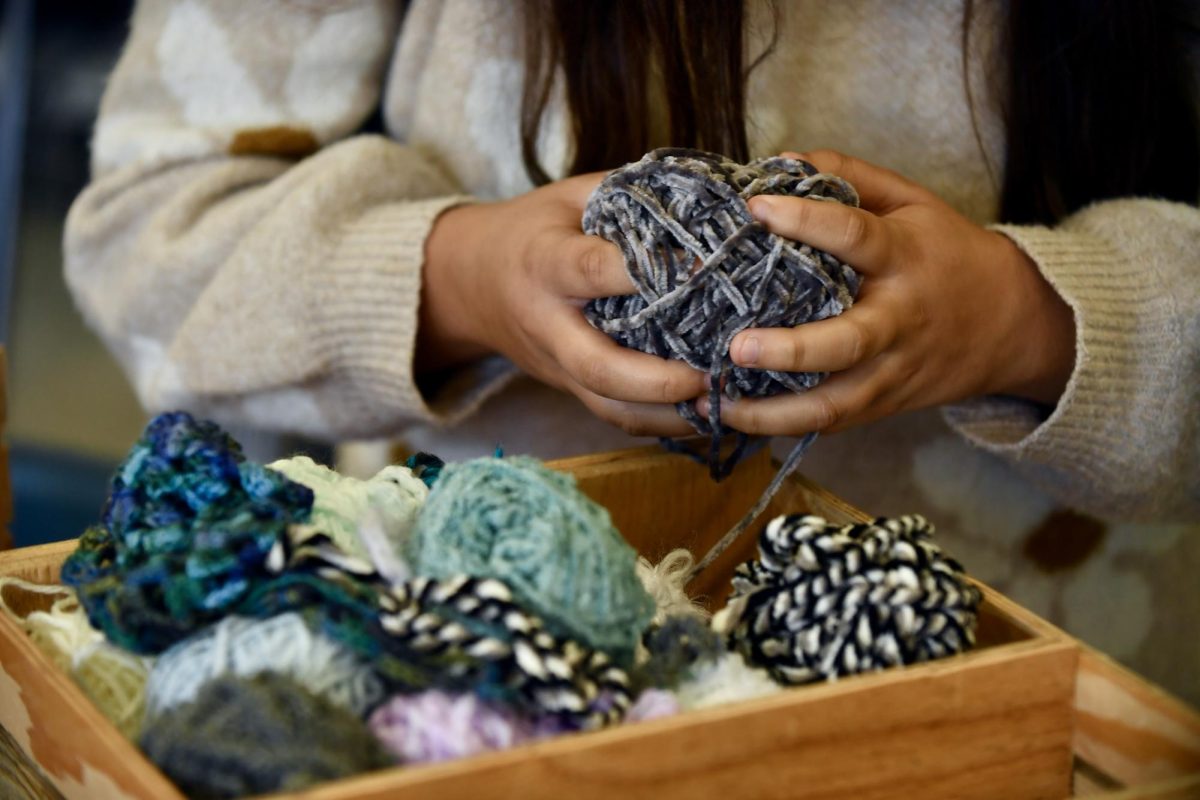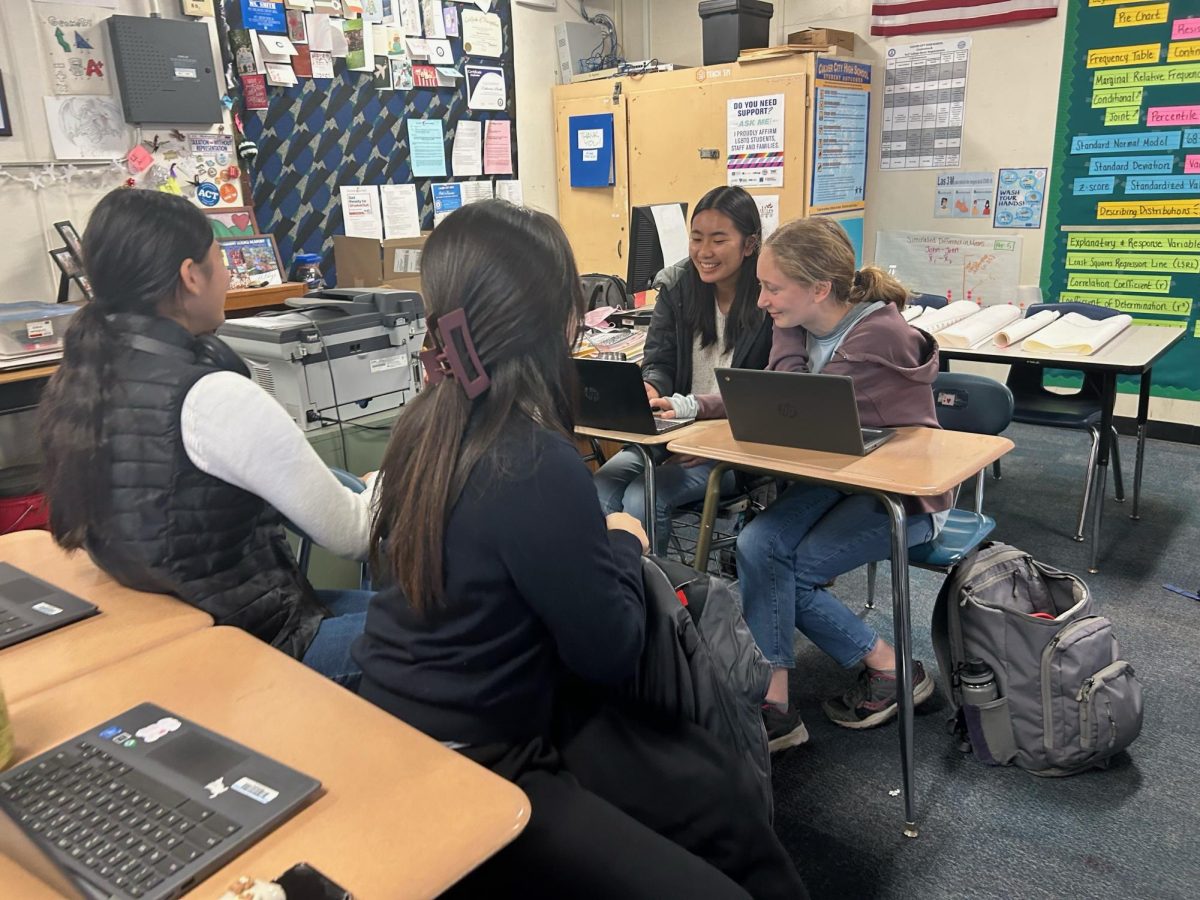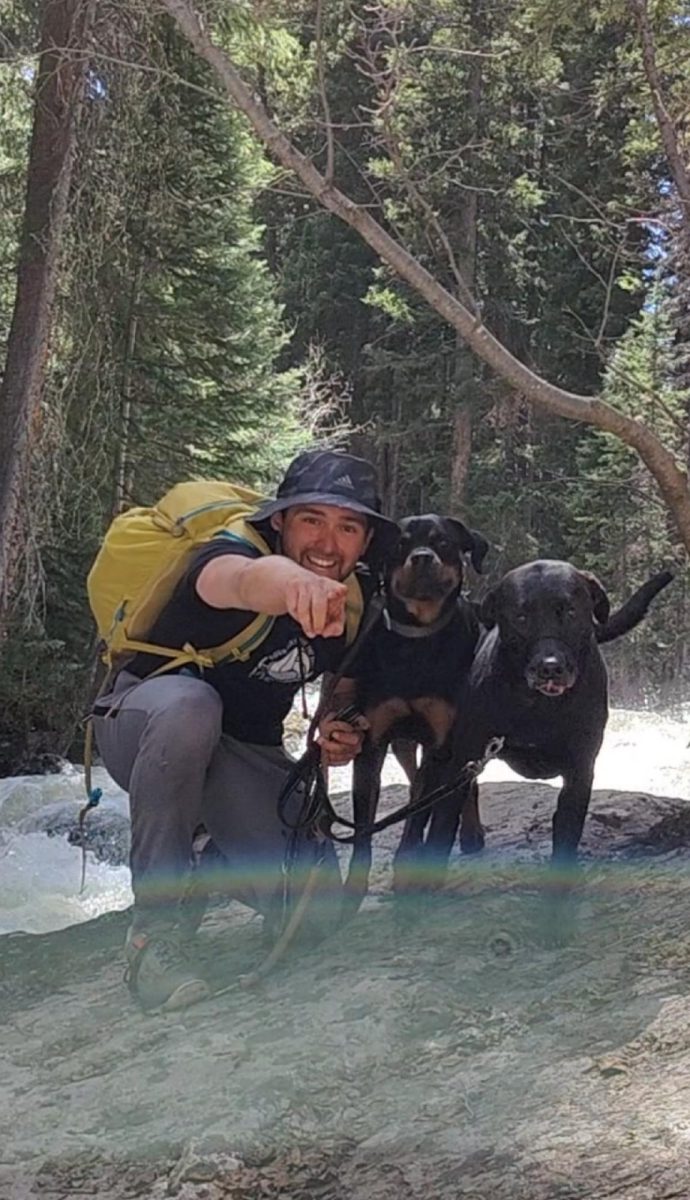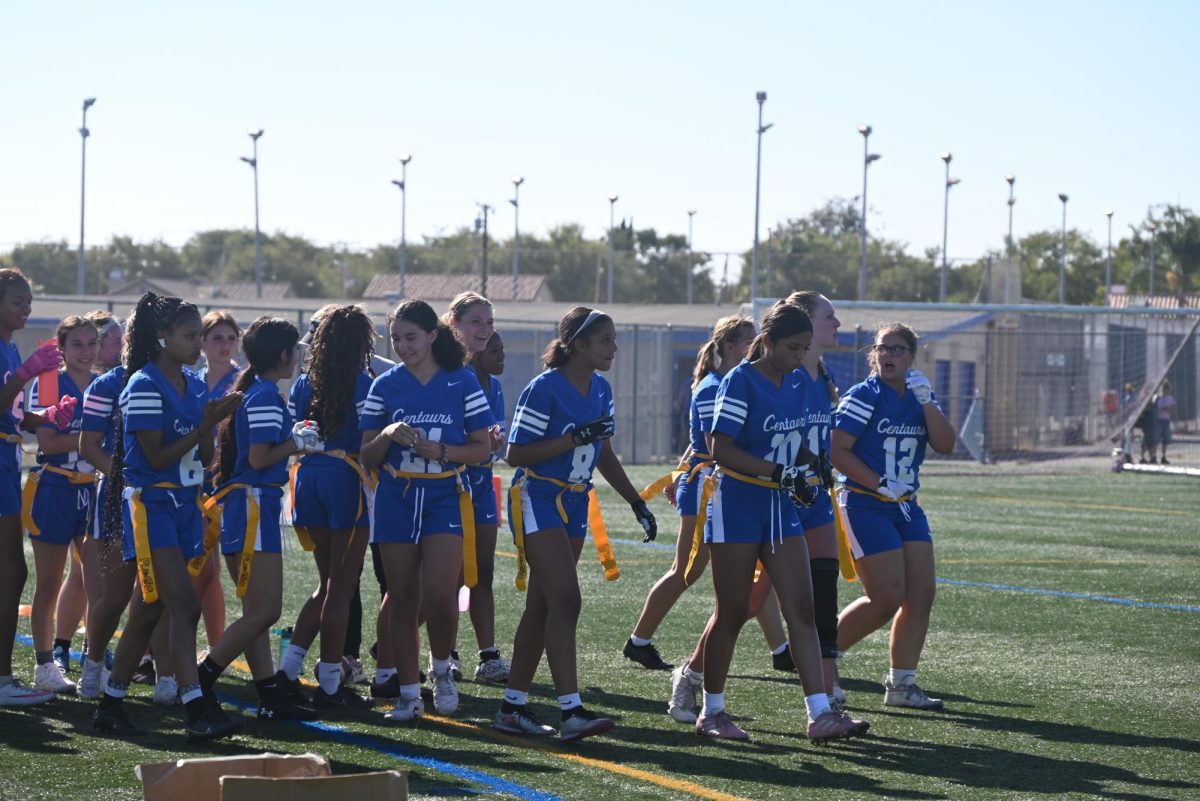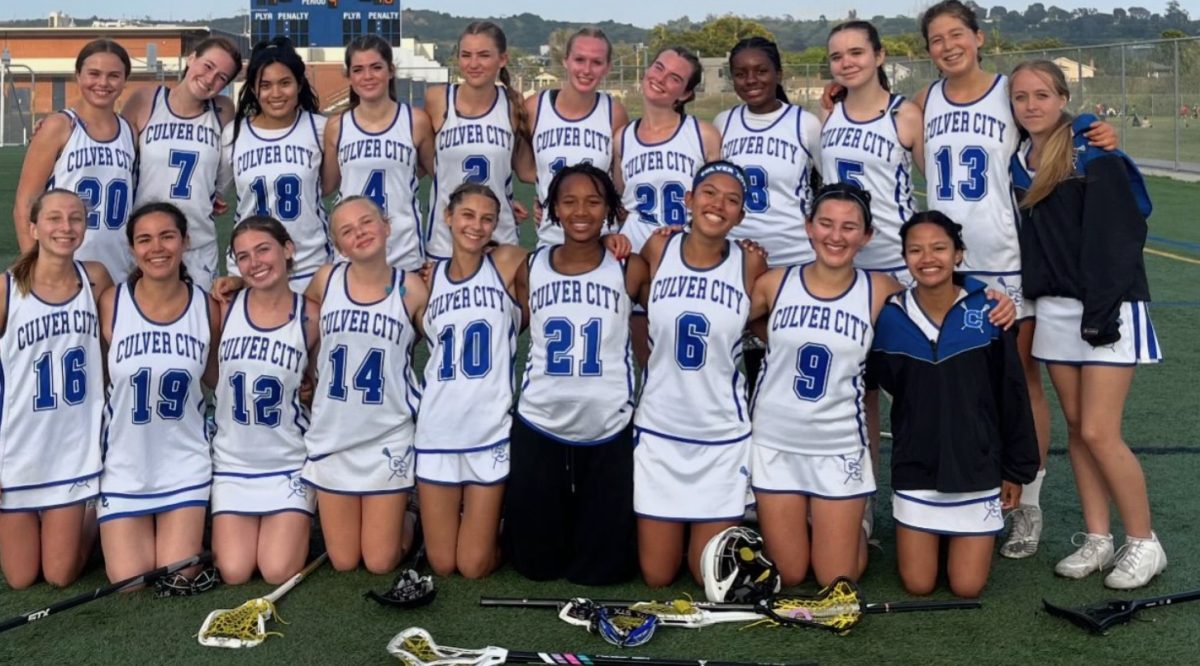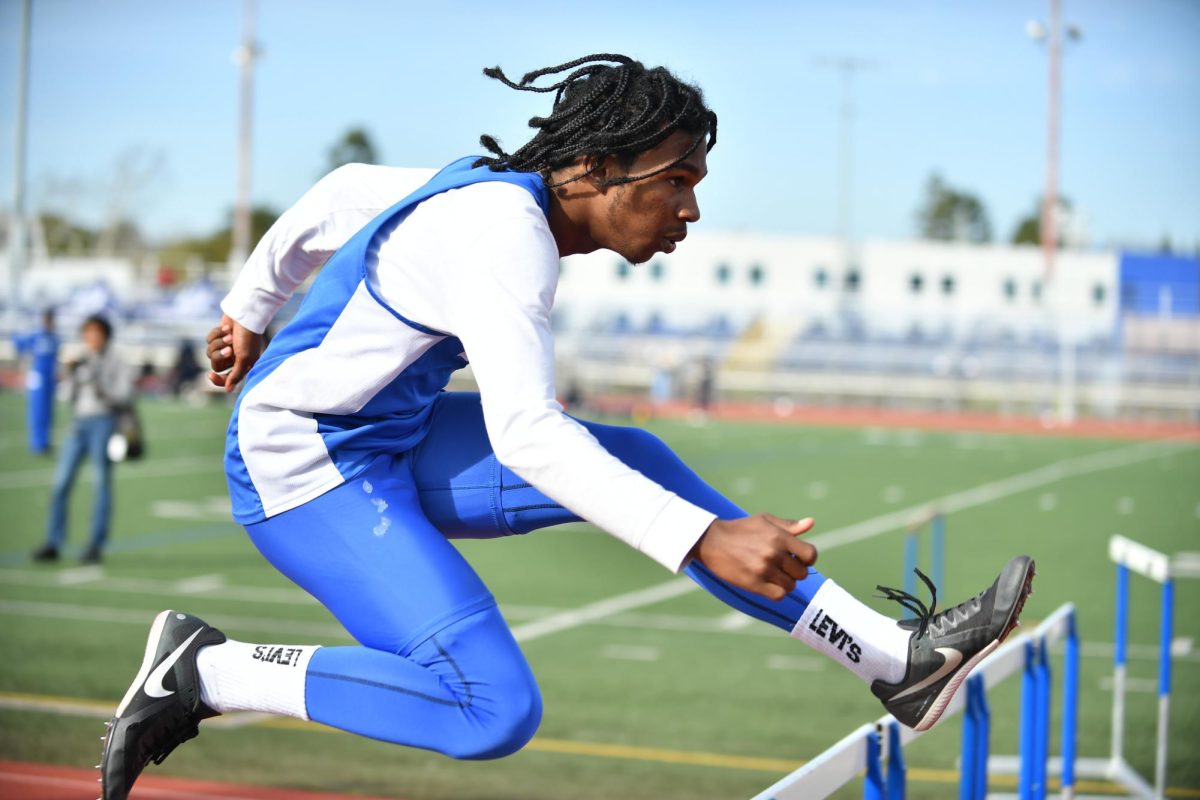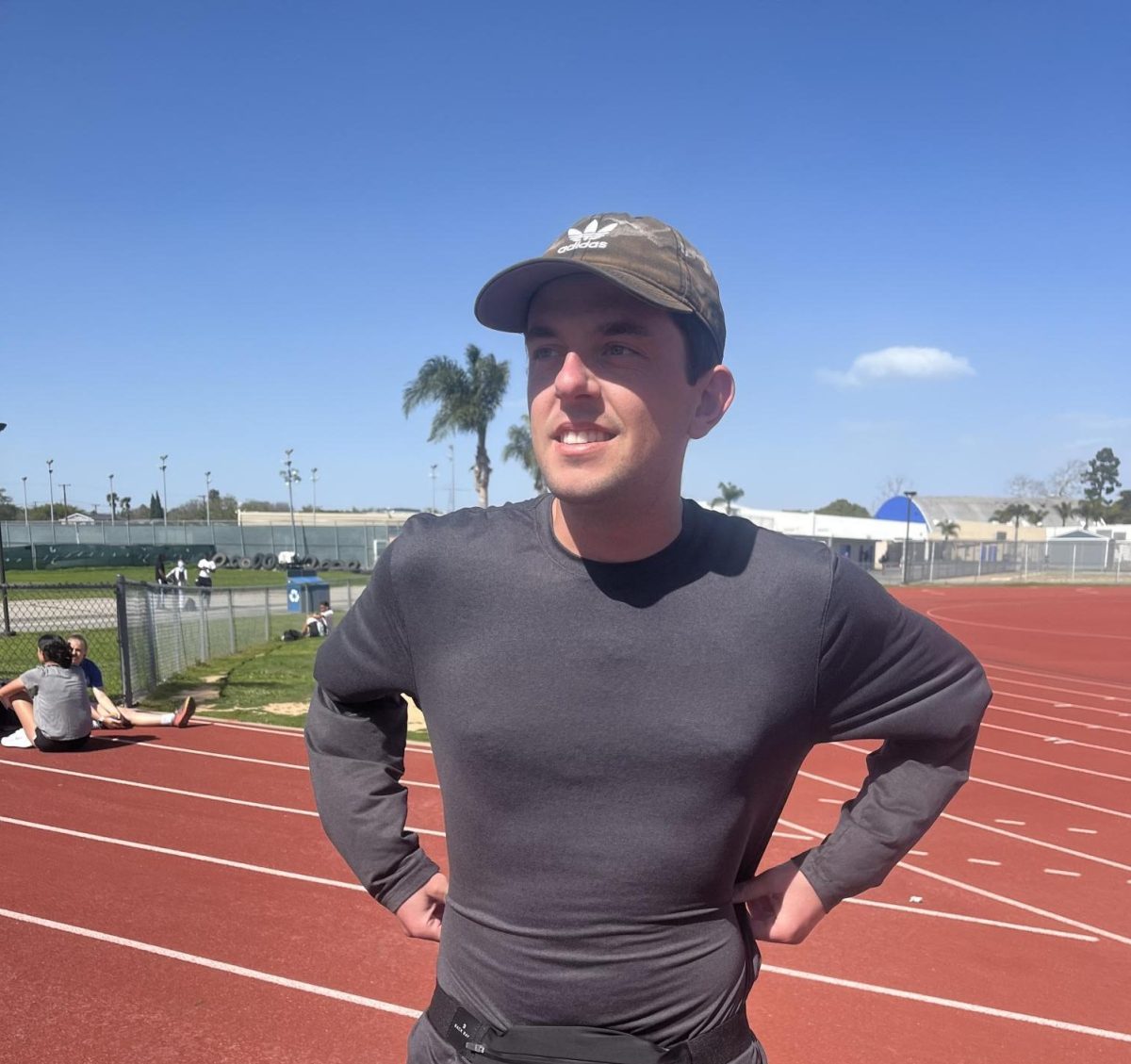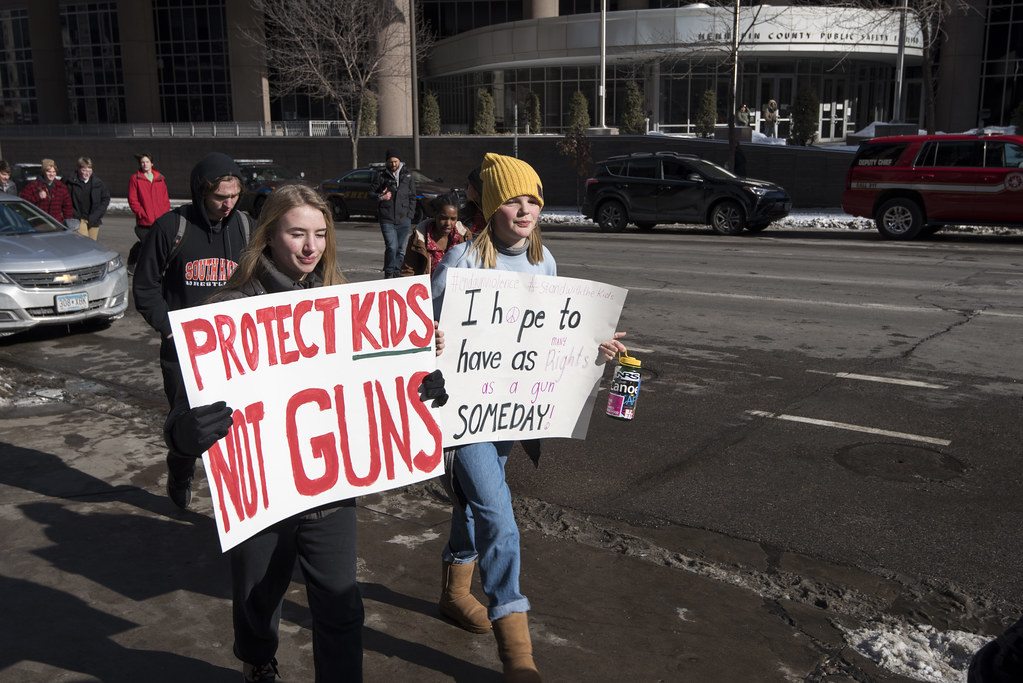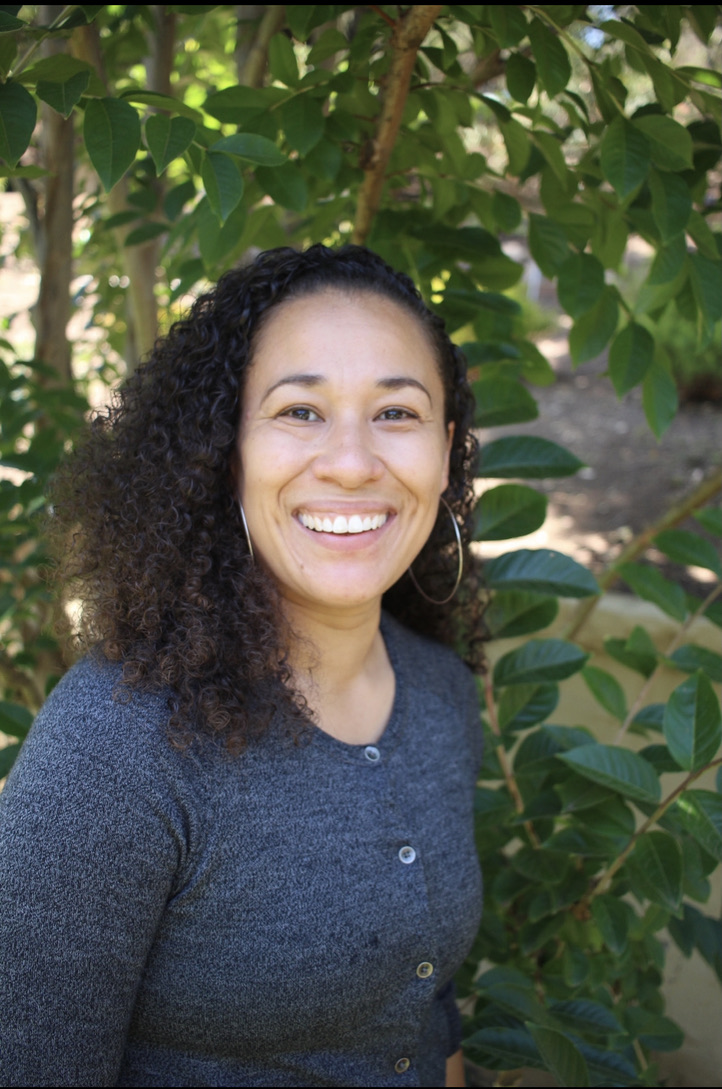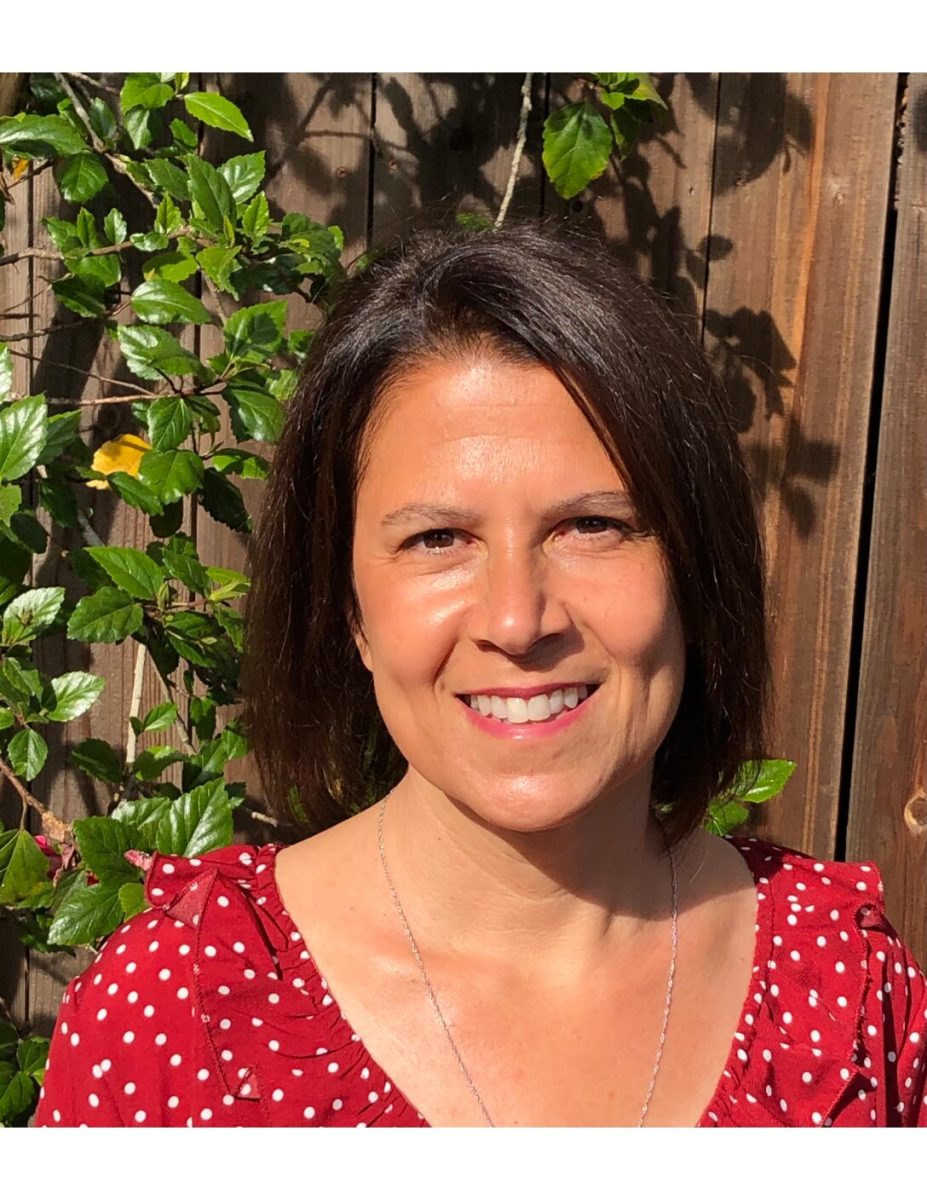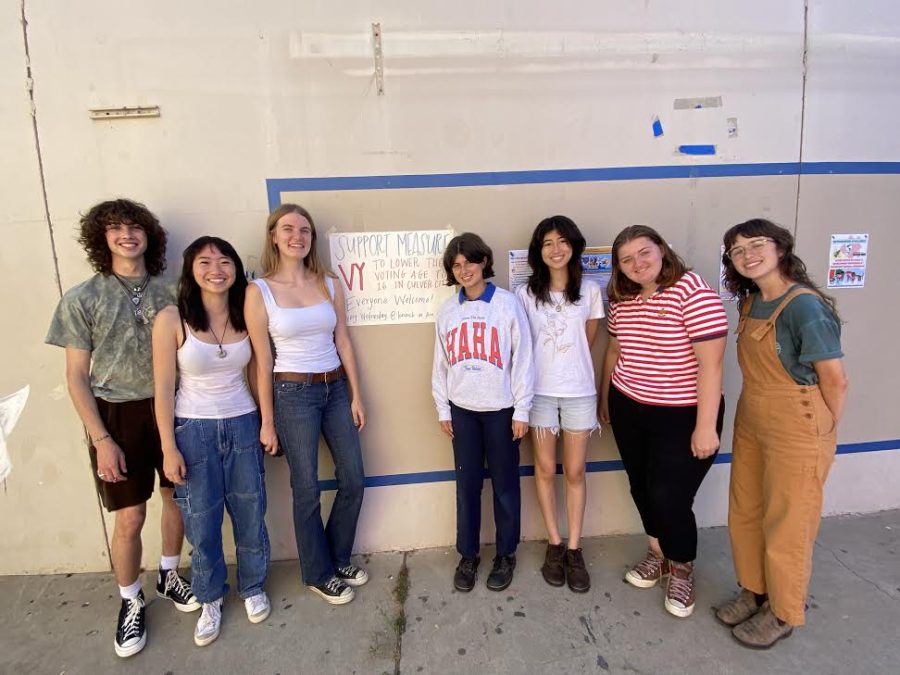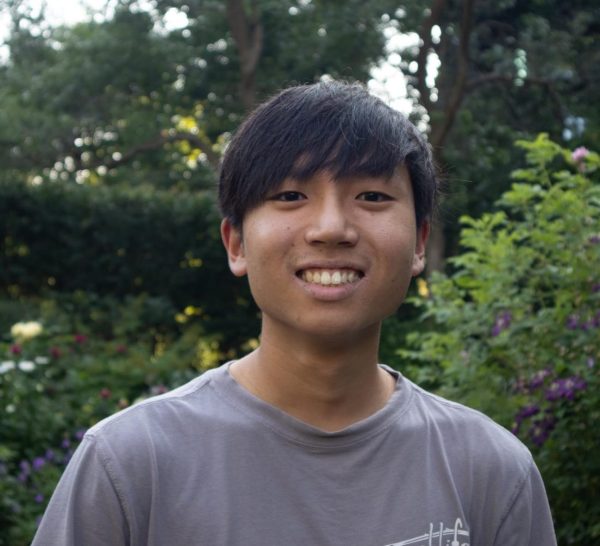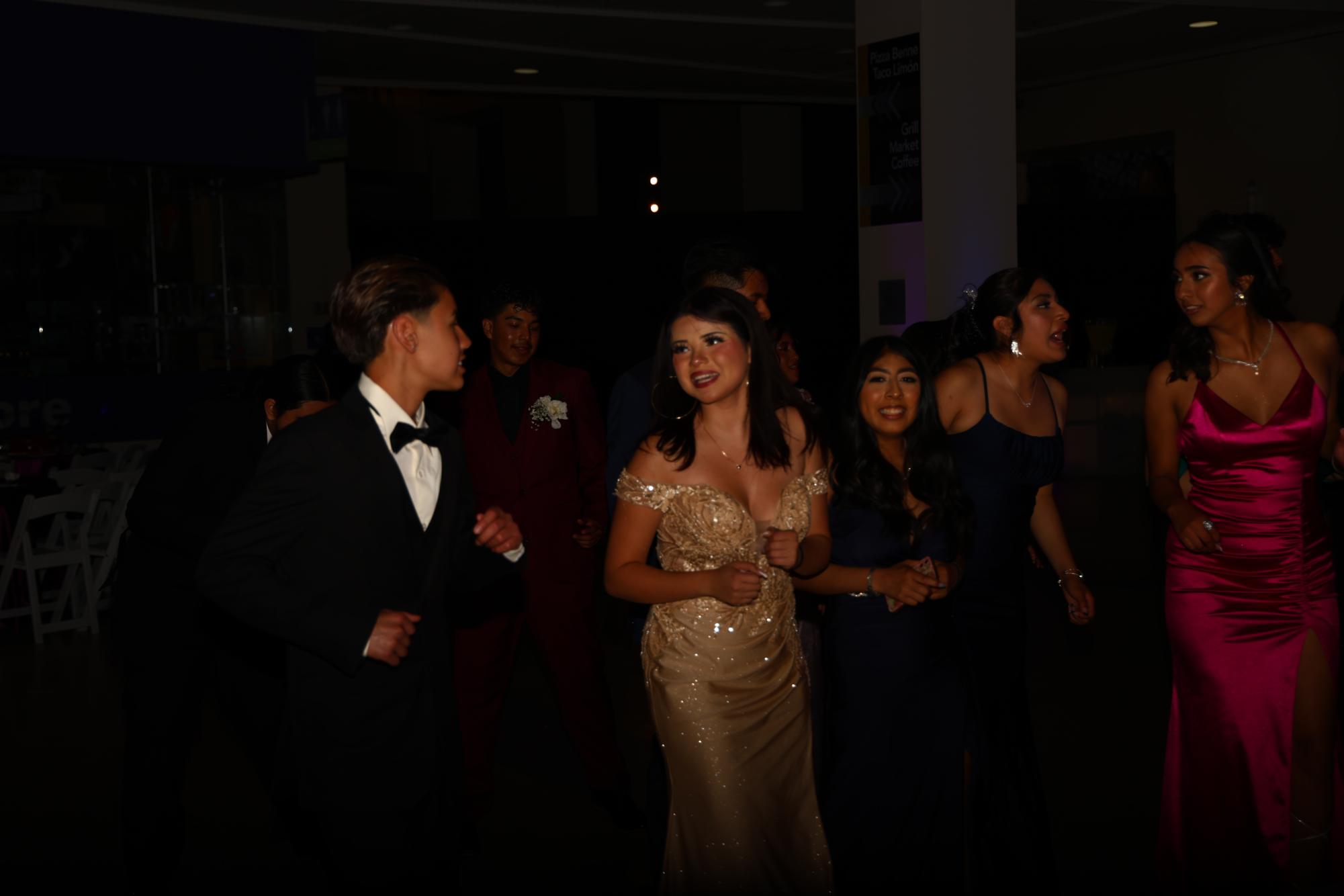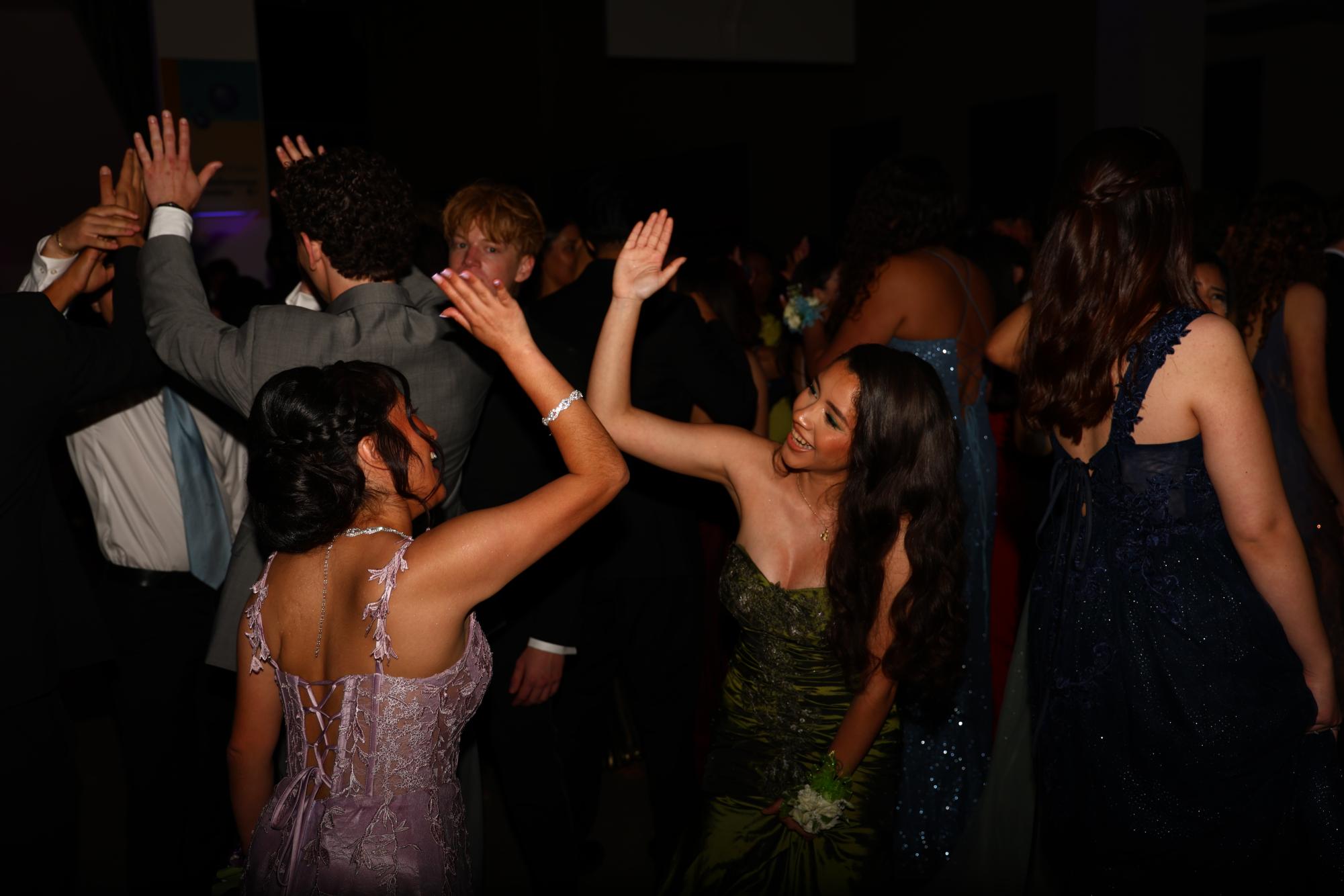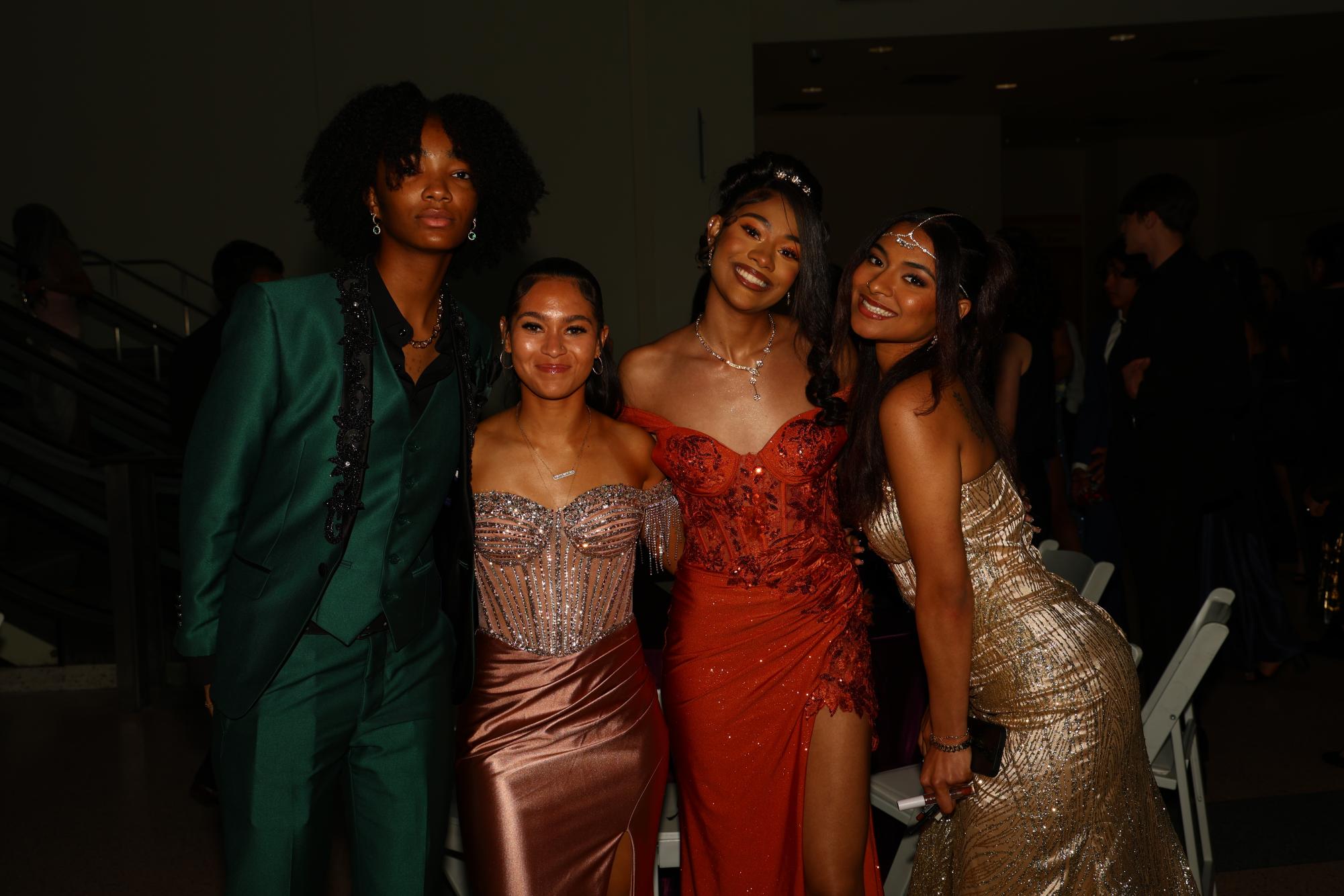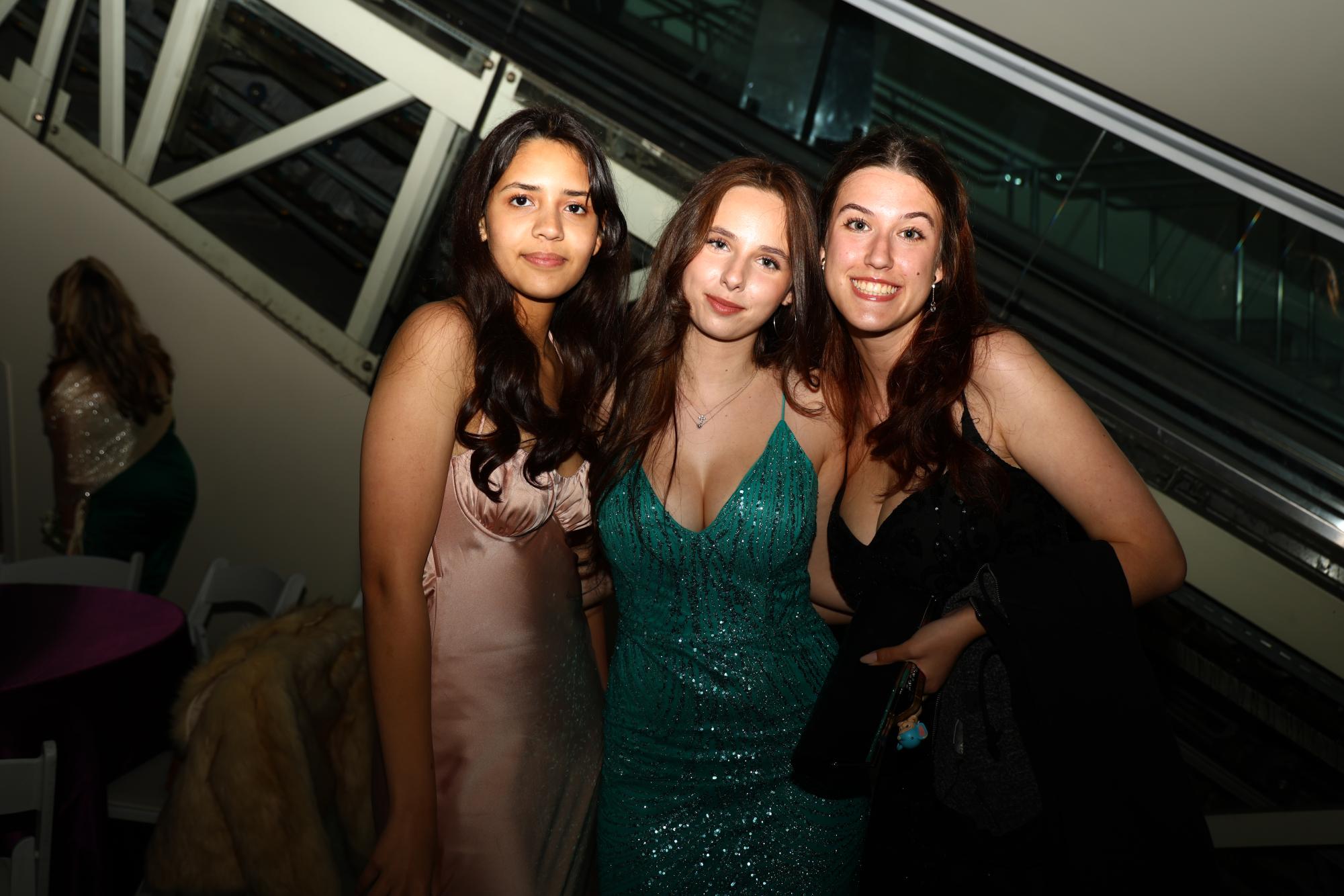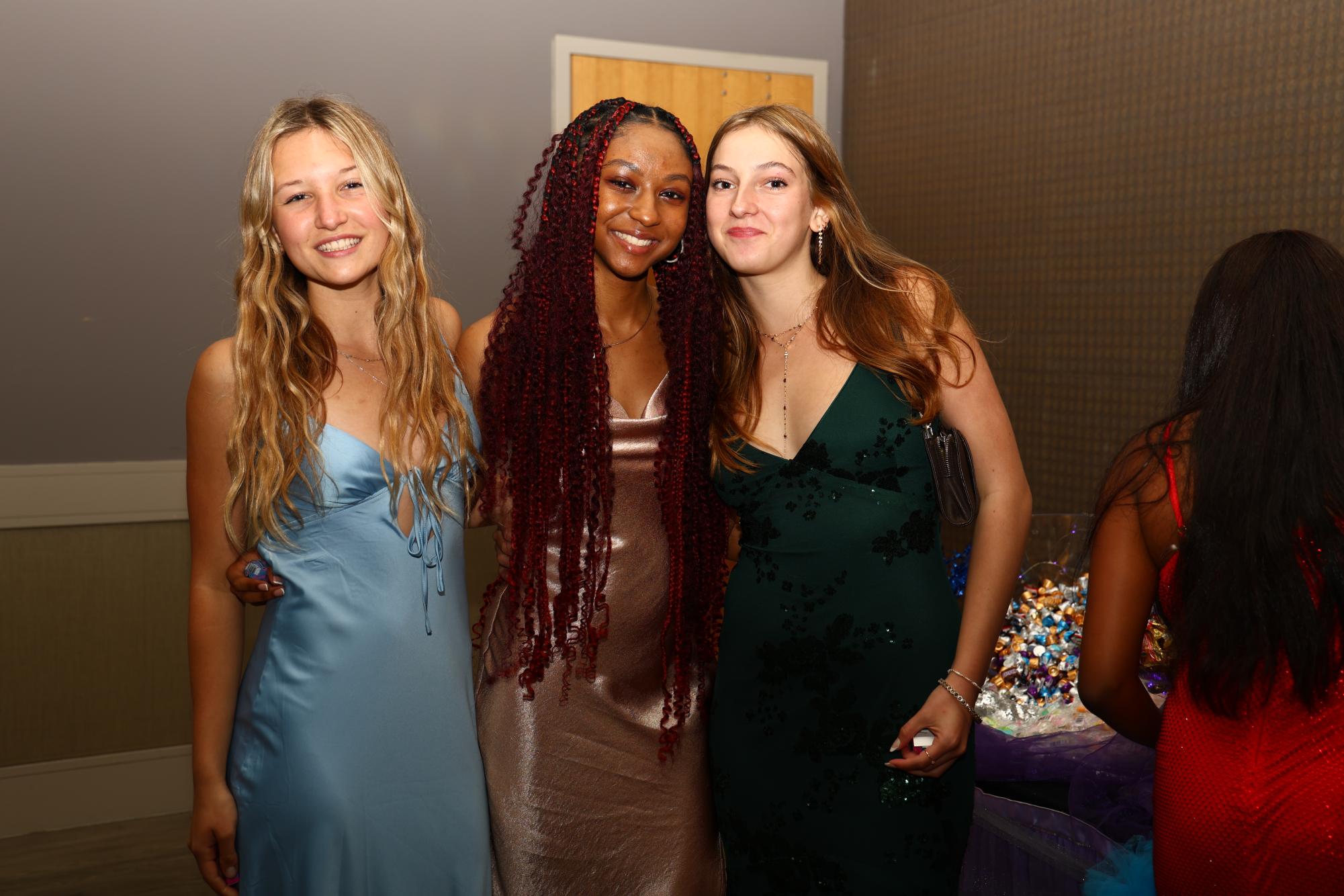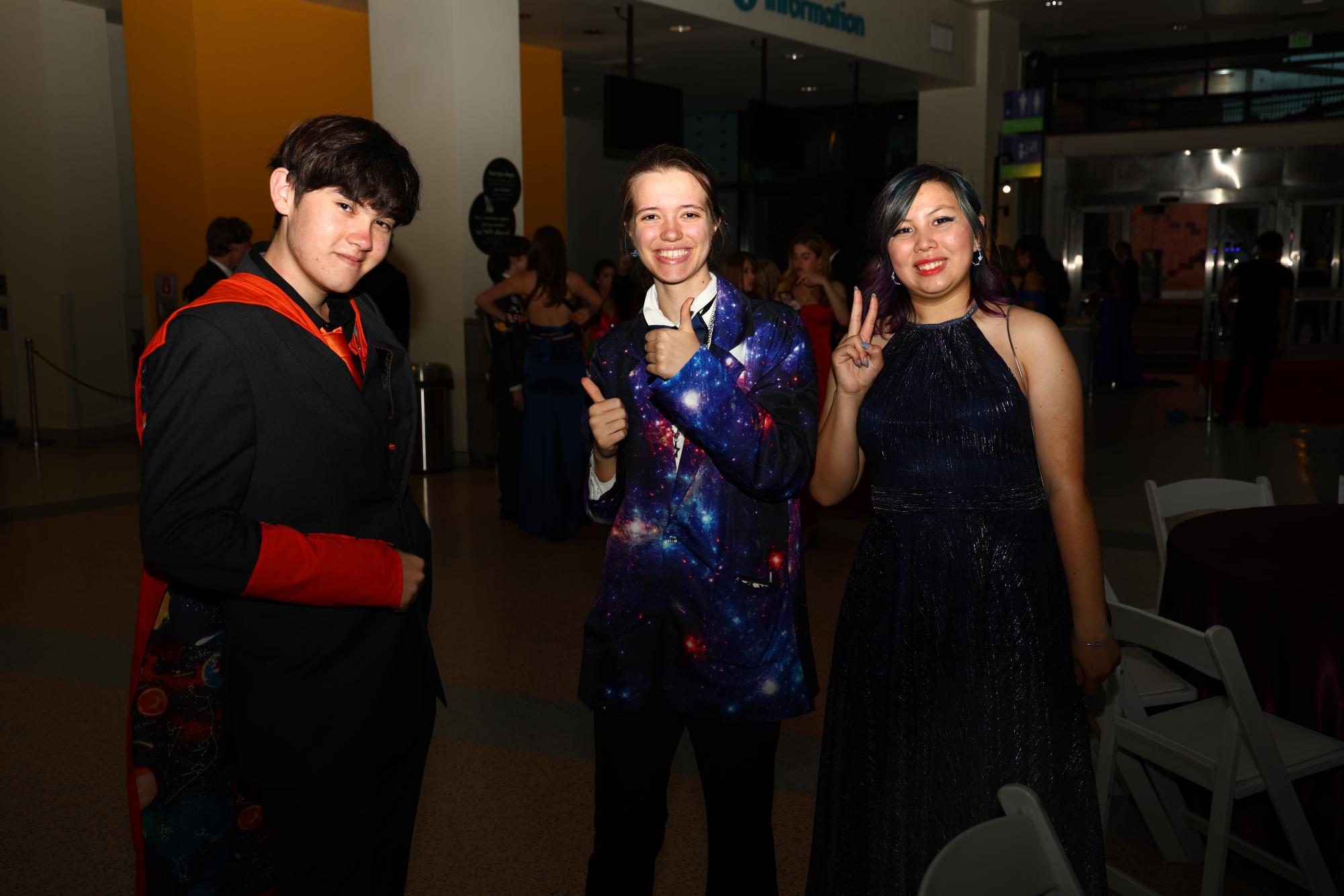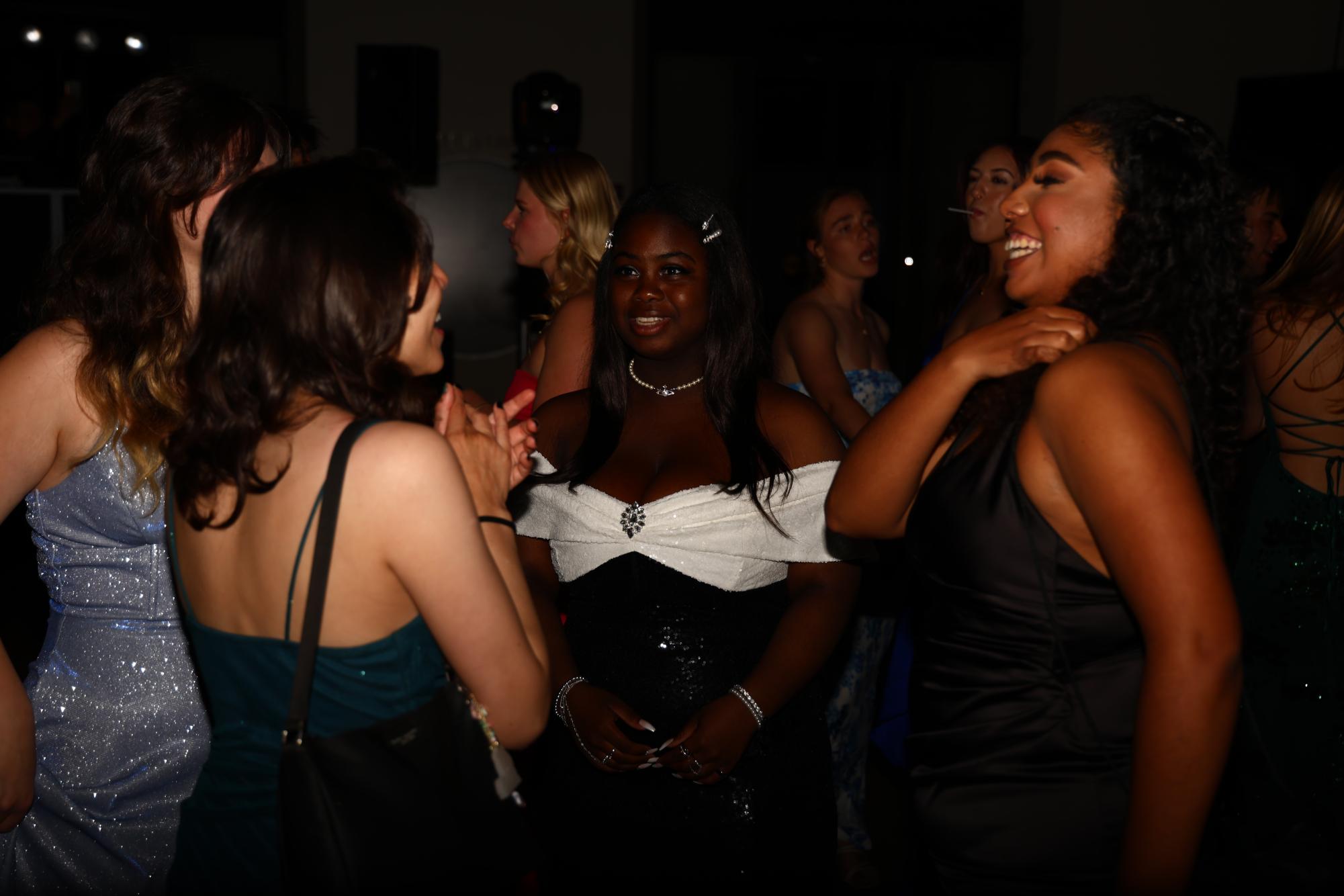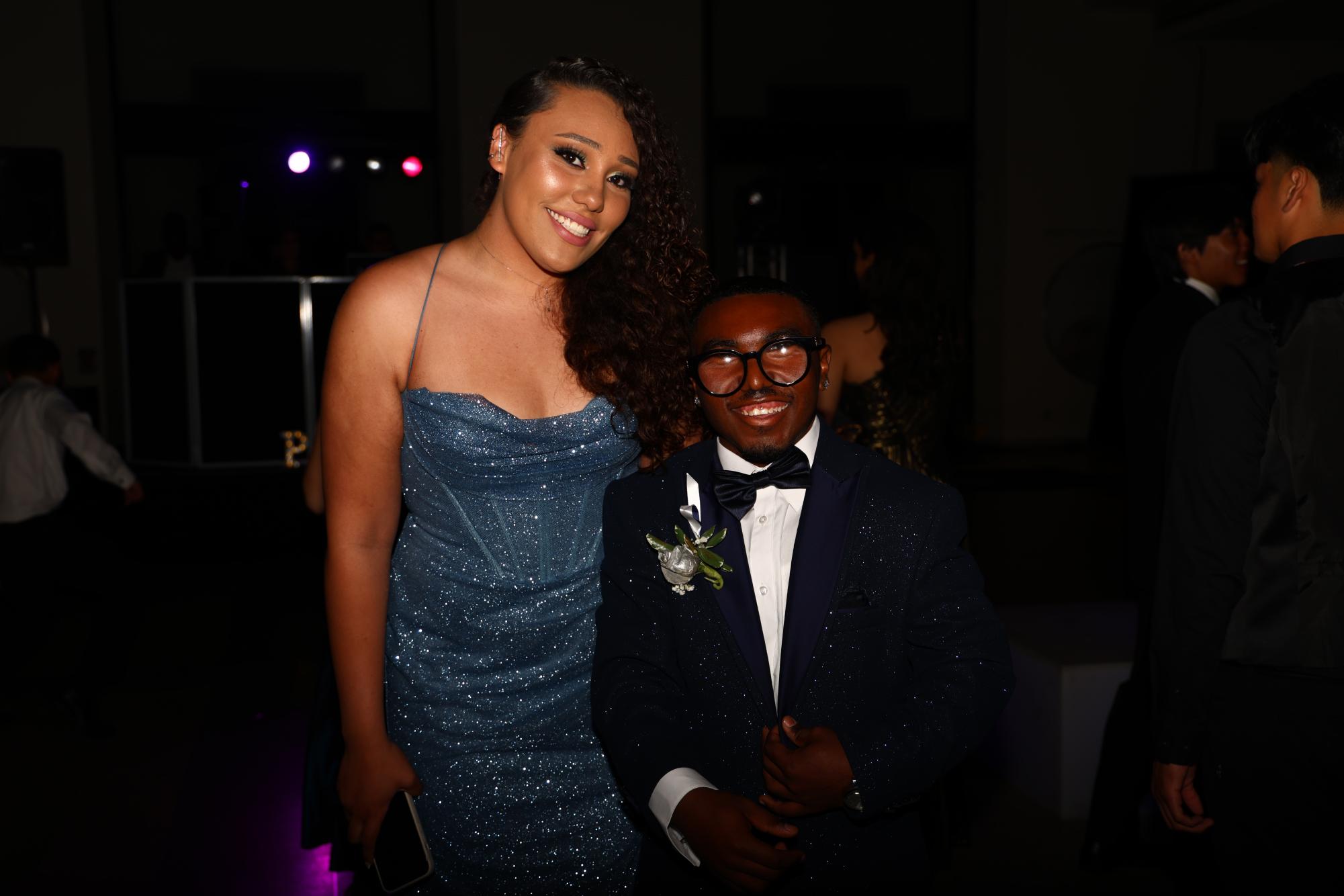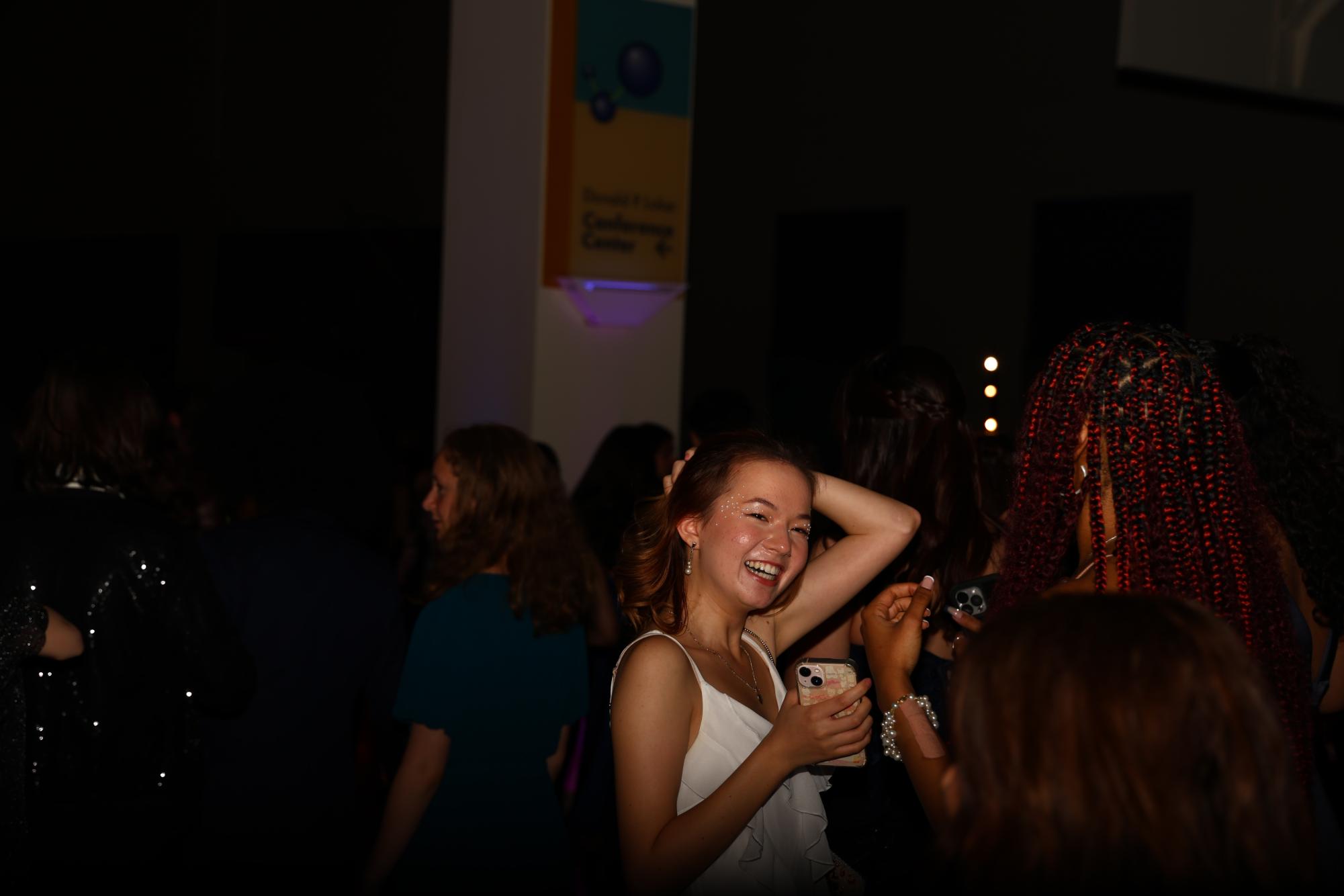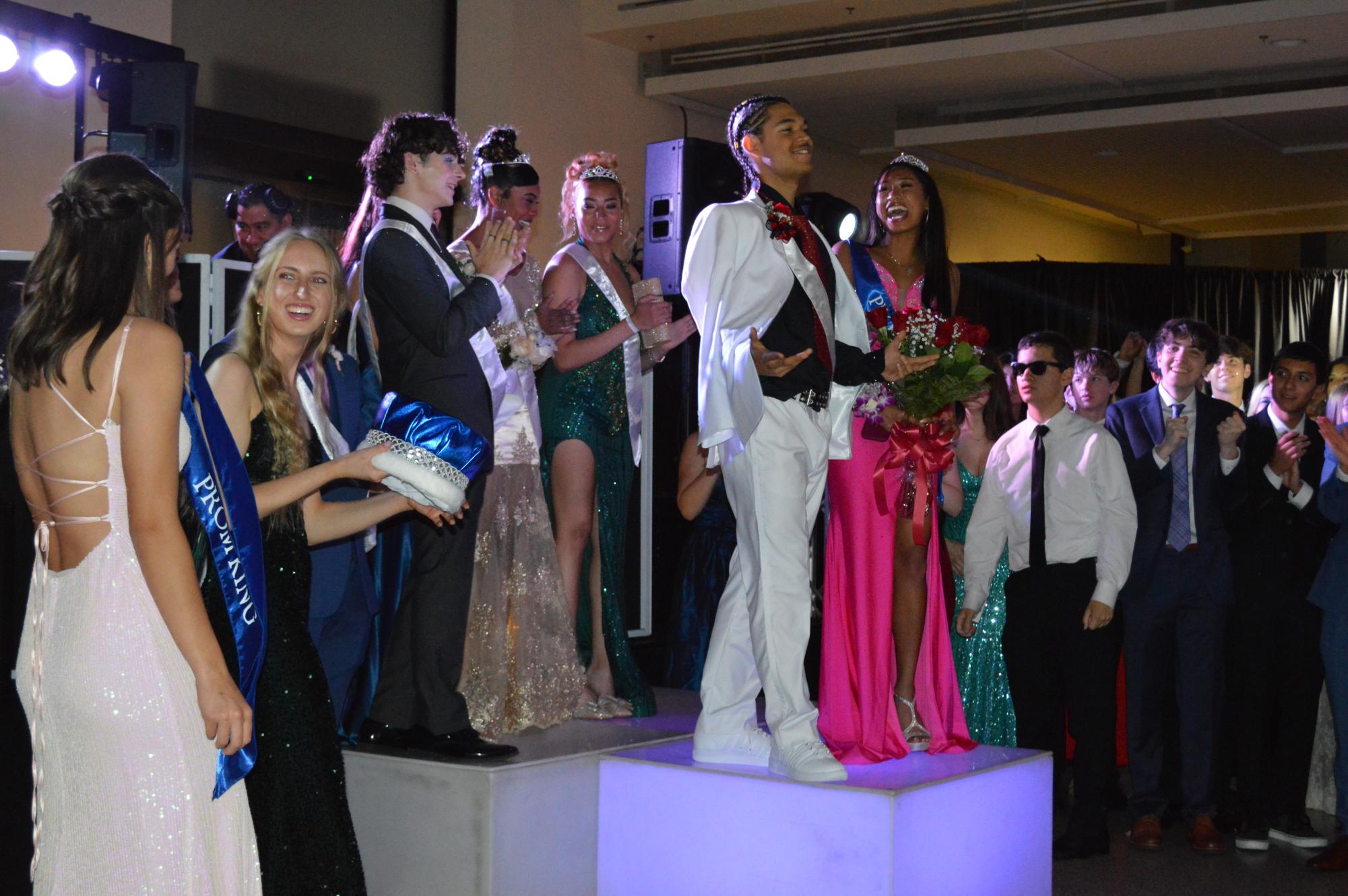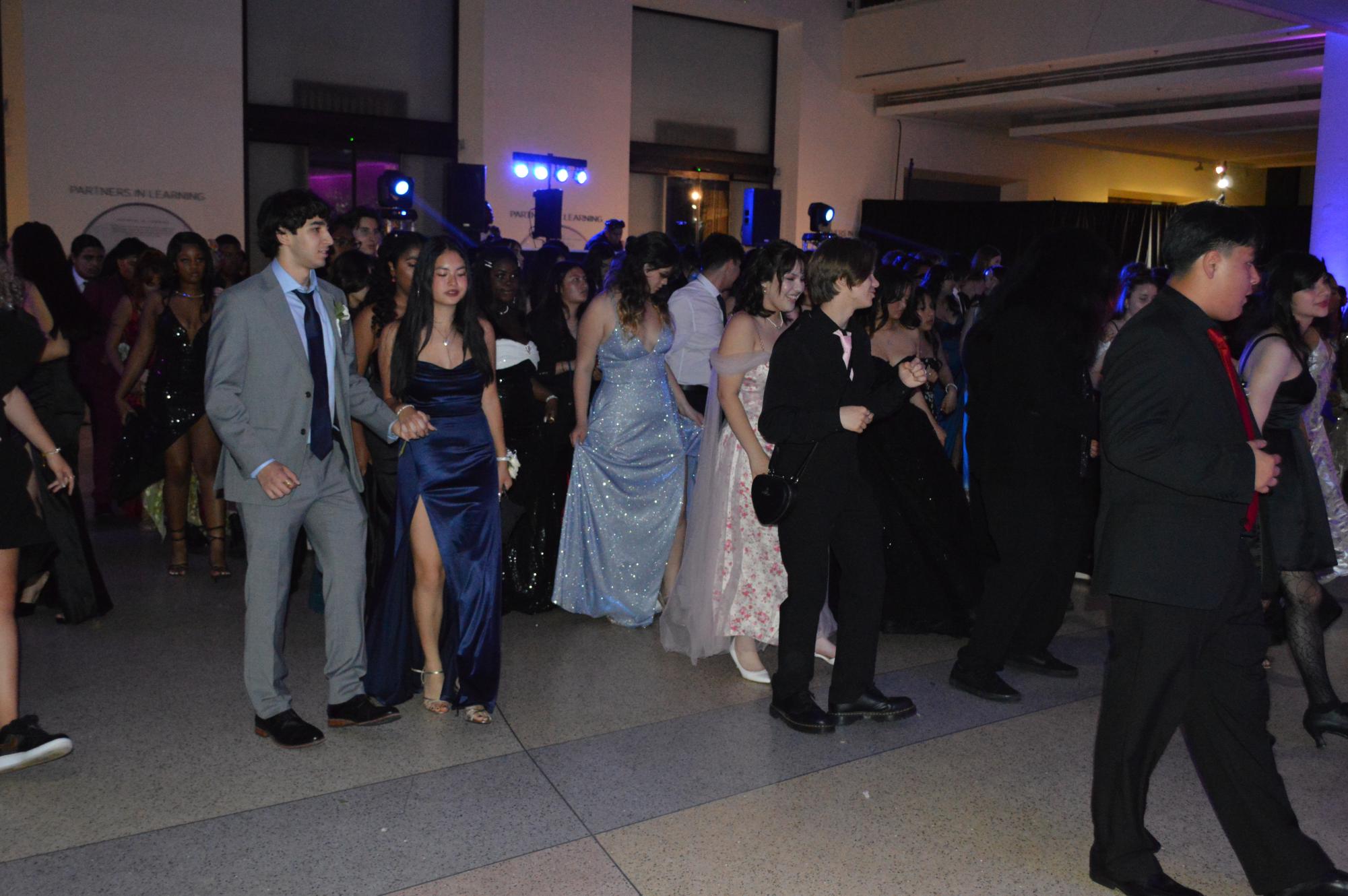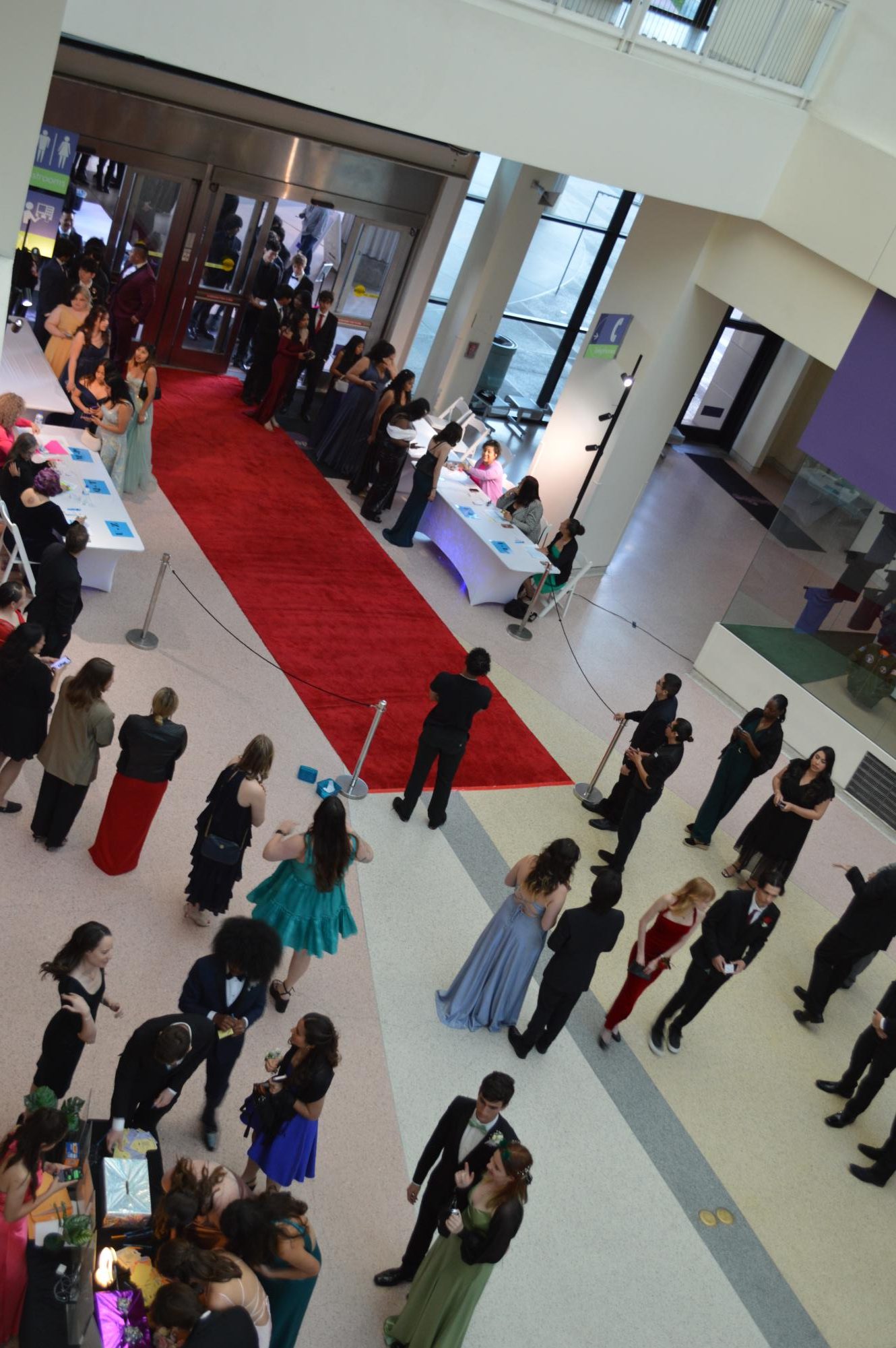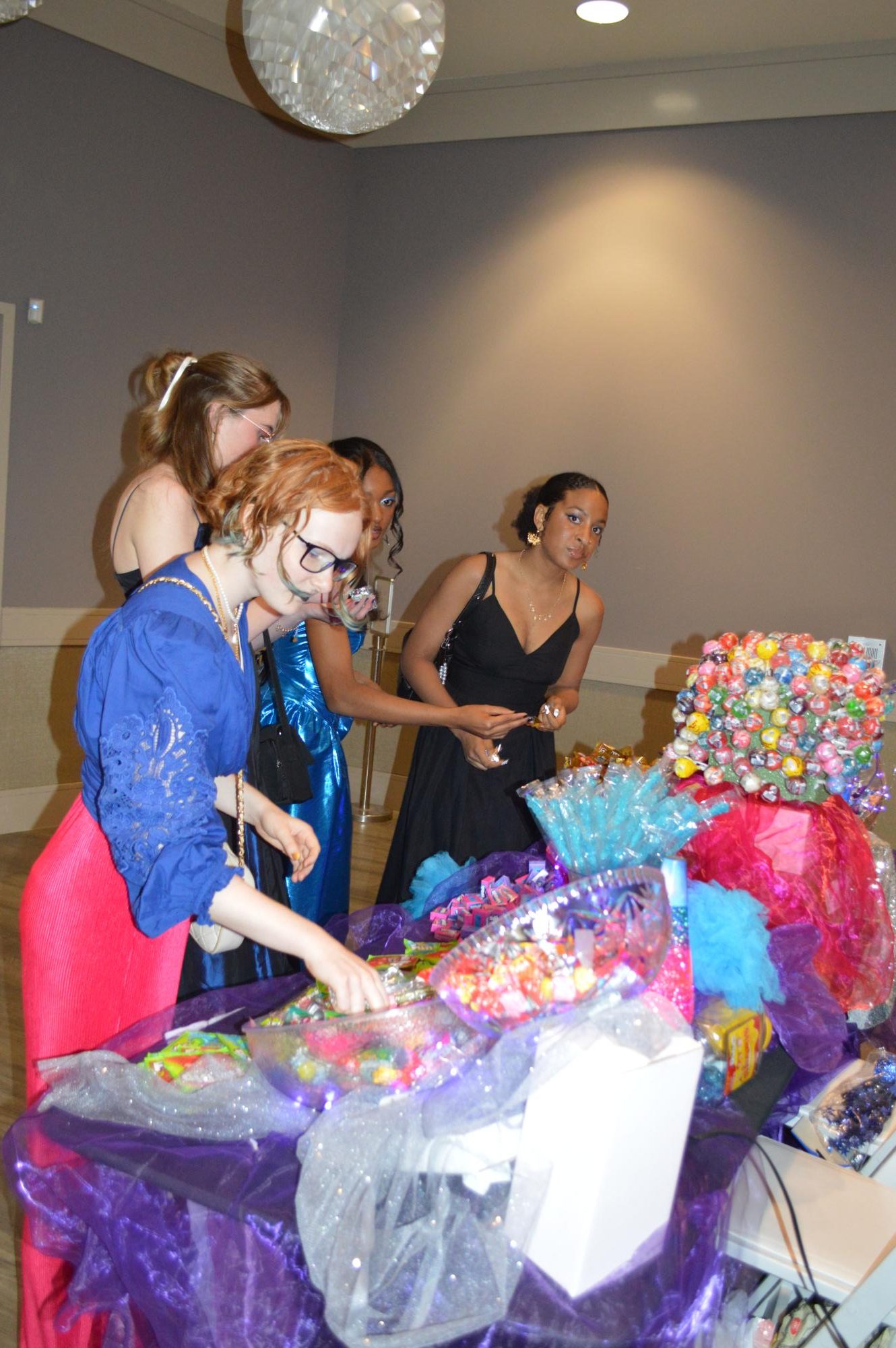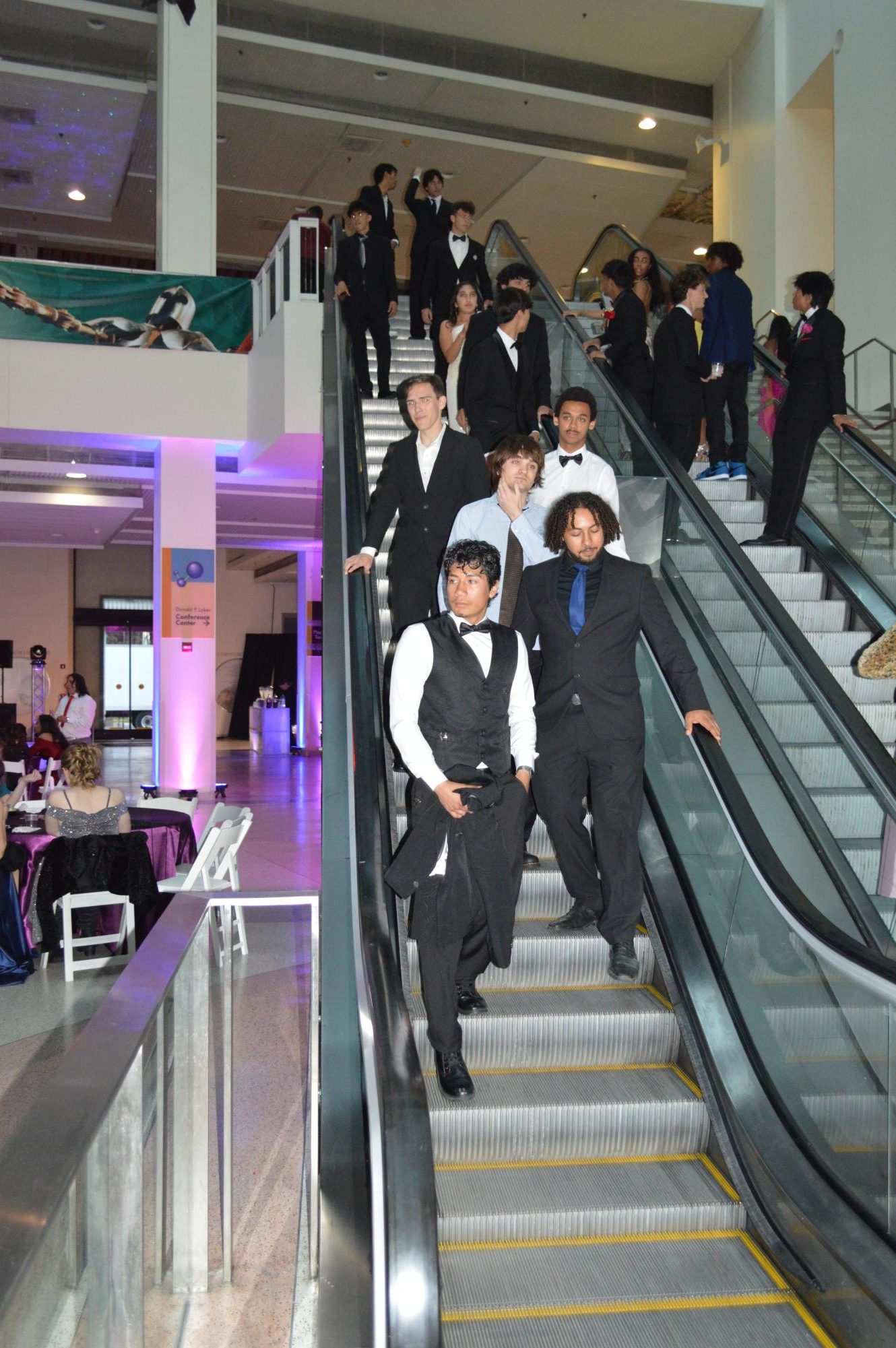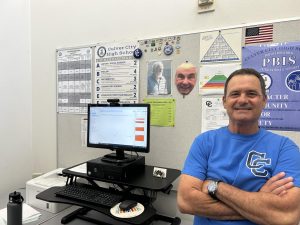Measure VY: Vote16’s Movement to Lower Voting Age Falls 16 Votes Short
Despite the months-long campaign organized by members of Vote16 Culver City to build support for Measure VY leading up to Election Day, the ballot measure fell short by just 16 votes.
December 22, 2022
After much anticipation in the weeks following Election Day over whether the voting age would be lowered in Culver City, Measure VY, the ballot measure that would have allowed Culver City residents aged 16 and 17 to vote on ballot measures and City and School District candidates, fell just short.
Measure VY failed by 16 votes — 50.05% or 8,309 voters voted against the ballot measure compared to 49.95% or 8,293 voters in favor of it.
The push to pass Measure VY was part of a months-long grassroots campaign by Vote16 Culver City, a student-led club and movement created four years ago to push for lowering the voting age to 16 in Culver City. Measure VY proponents say that lowering the voting age will increase short and long-term voter turnout by encouraging voting to be habit from an earlier age. They also argue that 16 and 17-year-olds should vote as they have the same long-term decision making cognitive ability as adults, according to Vote 16 Culver City.
On the other hand, those opposing Measure VY argue that teenagers lack the civic knowledge and accountability that comes with being a responsible voter. Additionally, they claim that allowing 16 and 17-year-olds to vote would cost Culver City an additional $40,000 each election as their votes would be counted separately by the city, according to No on VY. And ultimately, it was these arguments of the quieter, yet still influential movement against Measure VY that were most convincing to Culver City’s voters.
However, despite the disappointment for Vote16, Co-Presidents and seniors Ada Meighan-Thiel and Ava Frans have still found a silver-lining amidst how close the results were.
“It was definitely disappointing, but that disappointment was followed with a lot of pride just because we got that close,” Meighan-Thiel said. “This was decided by just 16 voters, but it was also decided by all of the people who didn’t vote at all, which really just proves the necessity of Measure VY and encourages us to keep trying for further civic engagement.”
In the months leading up to Election Day, Vote16 knocked on over 4,000 doors by their estimates during their door-to-door canvassing efforts. With over 8,000 residents voting for Measure VY, despite only talking to a couple thousand people, the club remains encouraged and hopeful for the future.
“There were many thousands of people that we didn’t talk to and they still liked the idea so I think that’s a sign of hope,” said Julia Rottenberg, the Communications Manager for Vote16 Culver City.
And it is this support that may be vital in getting Measure VY back on the ballot in 2024. This process would either require approval from the Culver City Council or support from 10% of the Culver City electorate — this equates to 2,805 voters.
In the meantime, Vote16 encourages residents to continue to support their movement in the same way that the club has built approval so far — by engaging with the local community.
“Talk to your neighbors because involving youth in such a substantial way really requires a culture shift,” Meighan-Thiel said. “By just being in the community and spreading the message of youth involvement is a big way to further our message and to support our campaign, even when we’re not currently on the ballot.”
Frans echoes Meighan-Thiel’s statement, especially with many of Culver City’s residents having not voted during the election. Out of the over 28,000 registered voters, nearly 12,000 didn’t vote on Measure VY.
“I think the 16 voters that could have decided this is the entire reason we are wanting to enfranchise 16 and 17-year-olds — so that more people are voting and local elections become a bigger deal,” Frans said. “We want everyone to be exercising their right to vote.”
So while the narrow margin in which Measure VY failed may sting for Vote16 — and be a big win for residents who opposed the ballot measure — Vote16 realizes that much progress was still made as they look forward to 2024.
“We still believe that 16 can, should, and will be the voting age,” Meighan-Thiel said. “While this election didn’t exactly go our way, this wasn’t a setback; it was just a stagnancy in the movement for youth civic involvement.”
